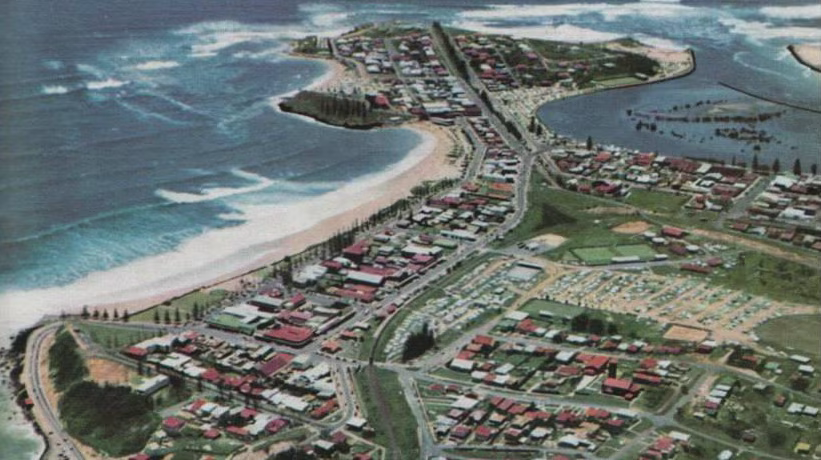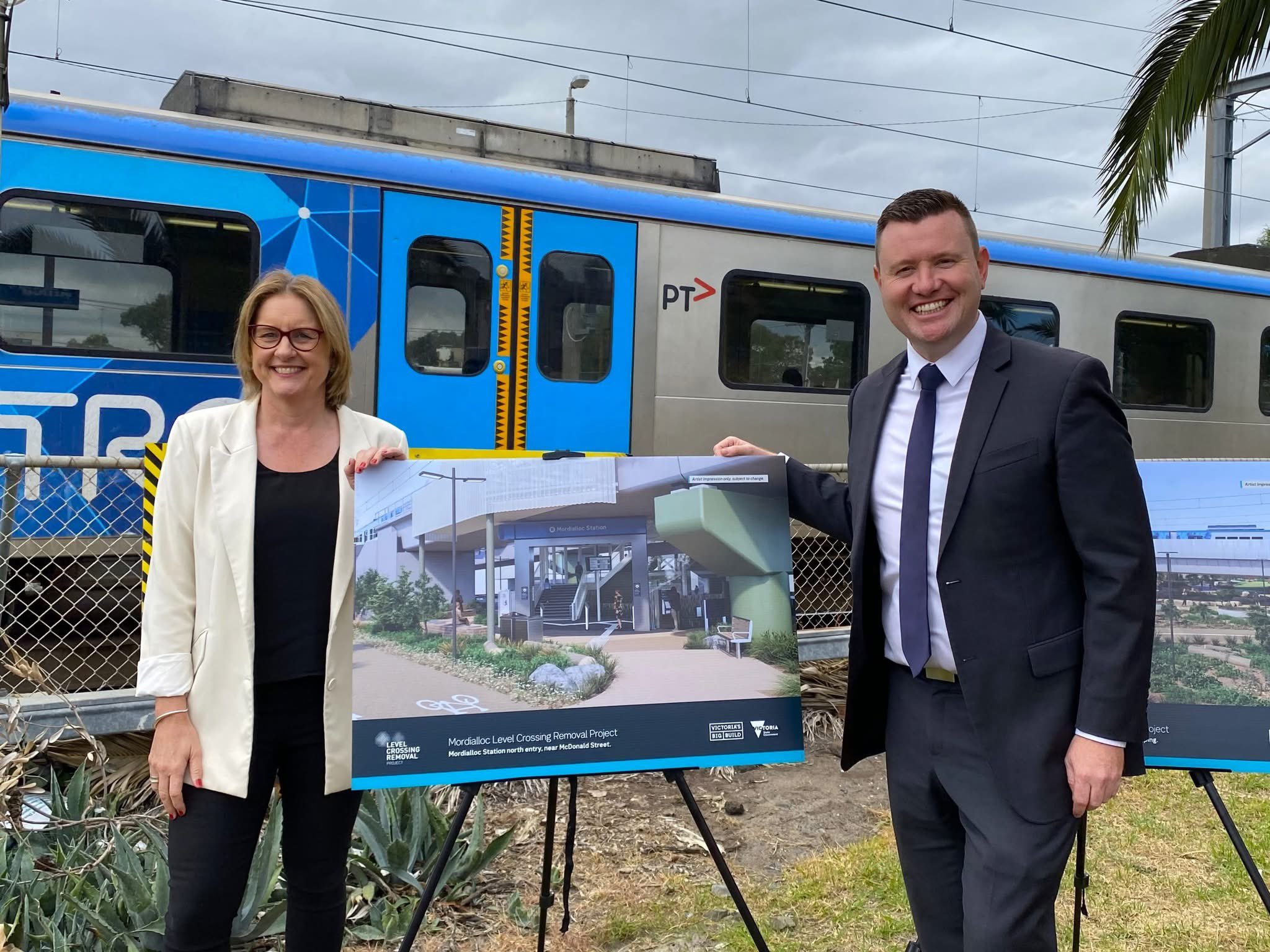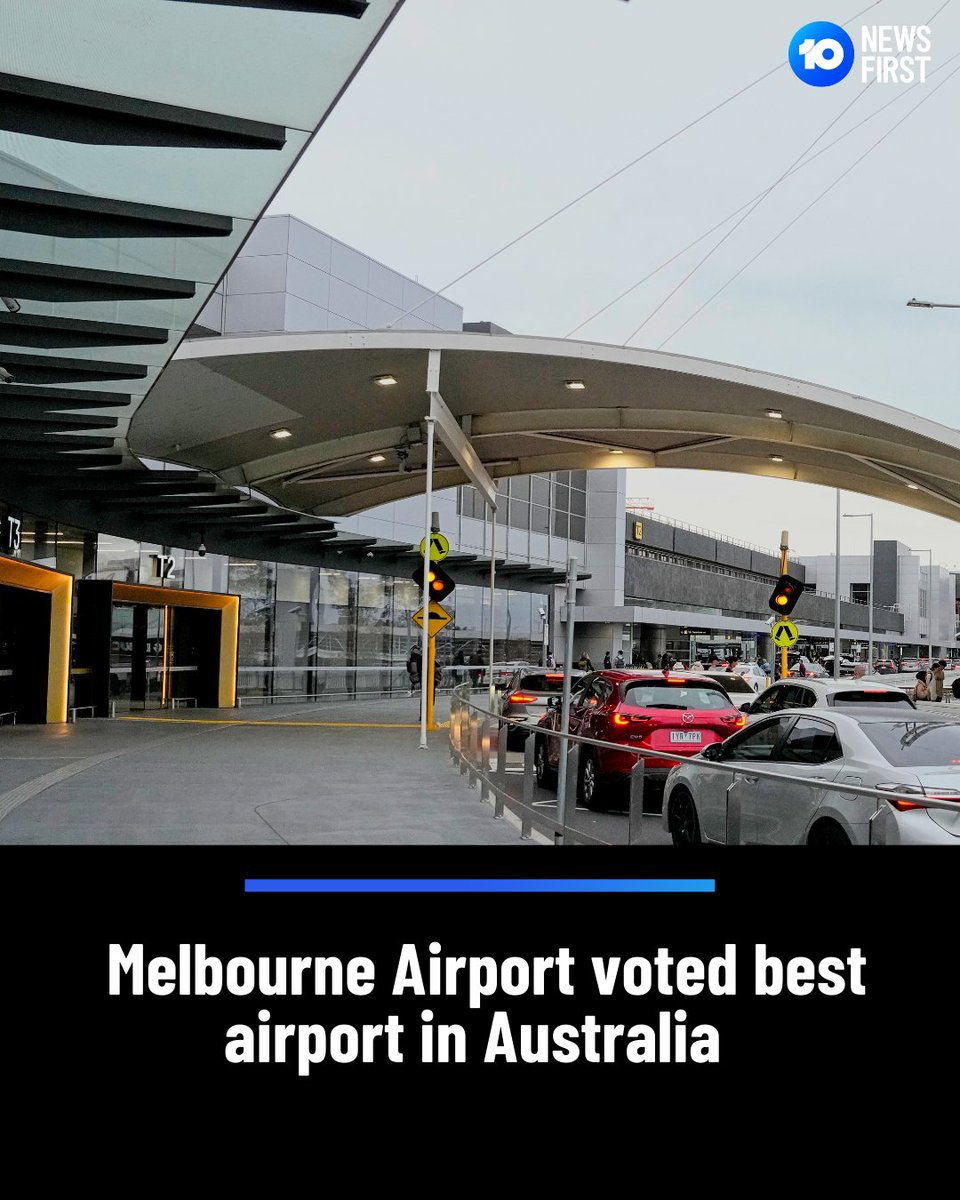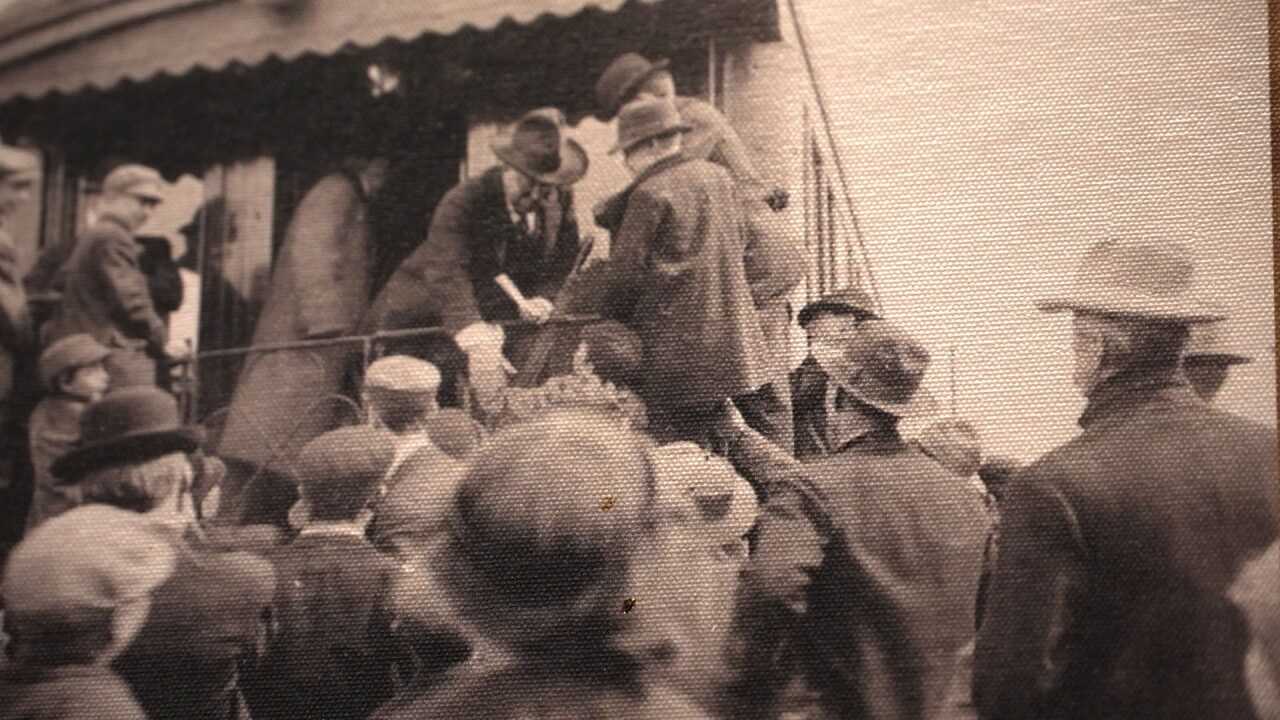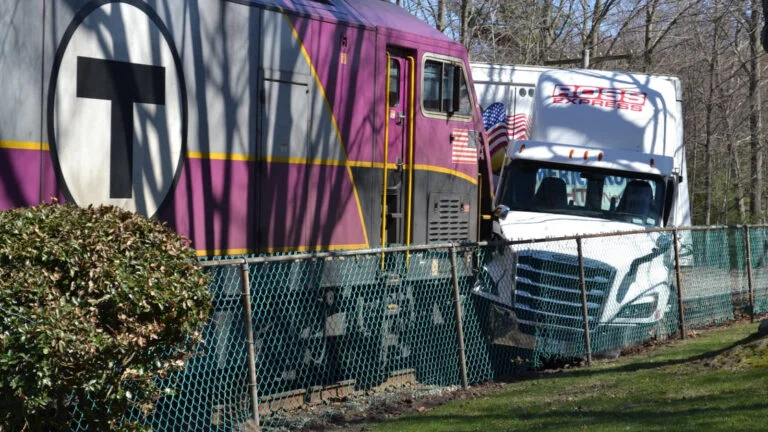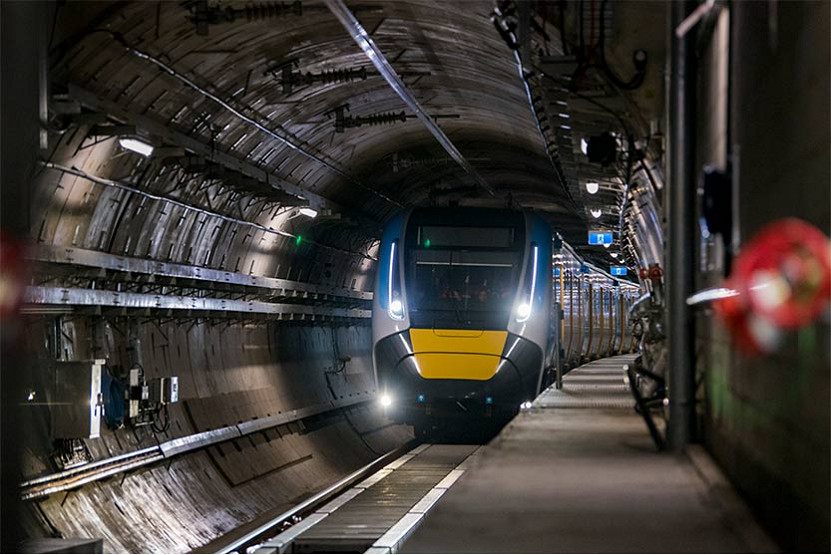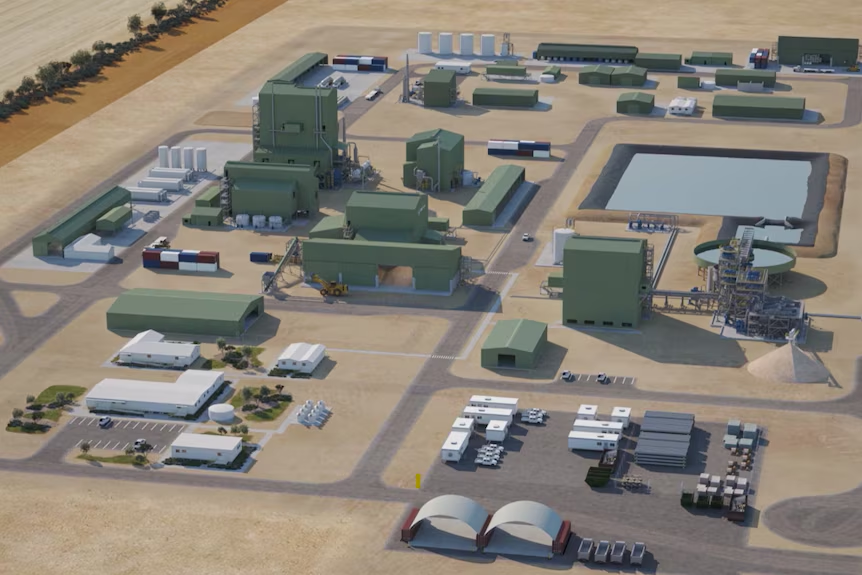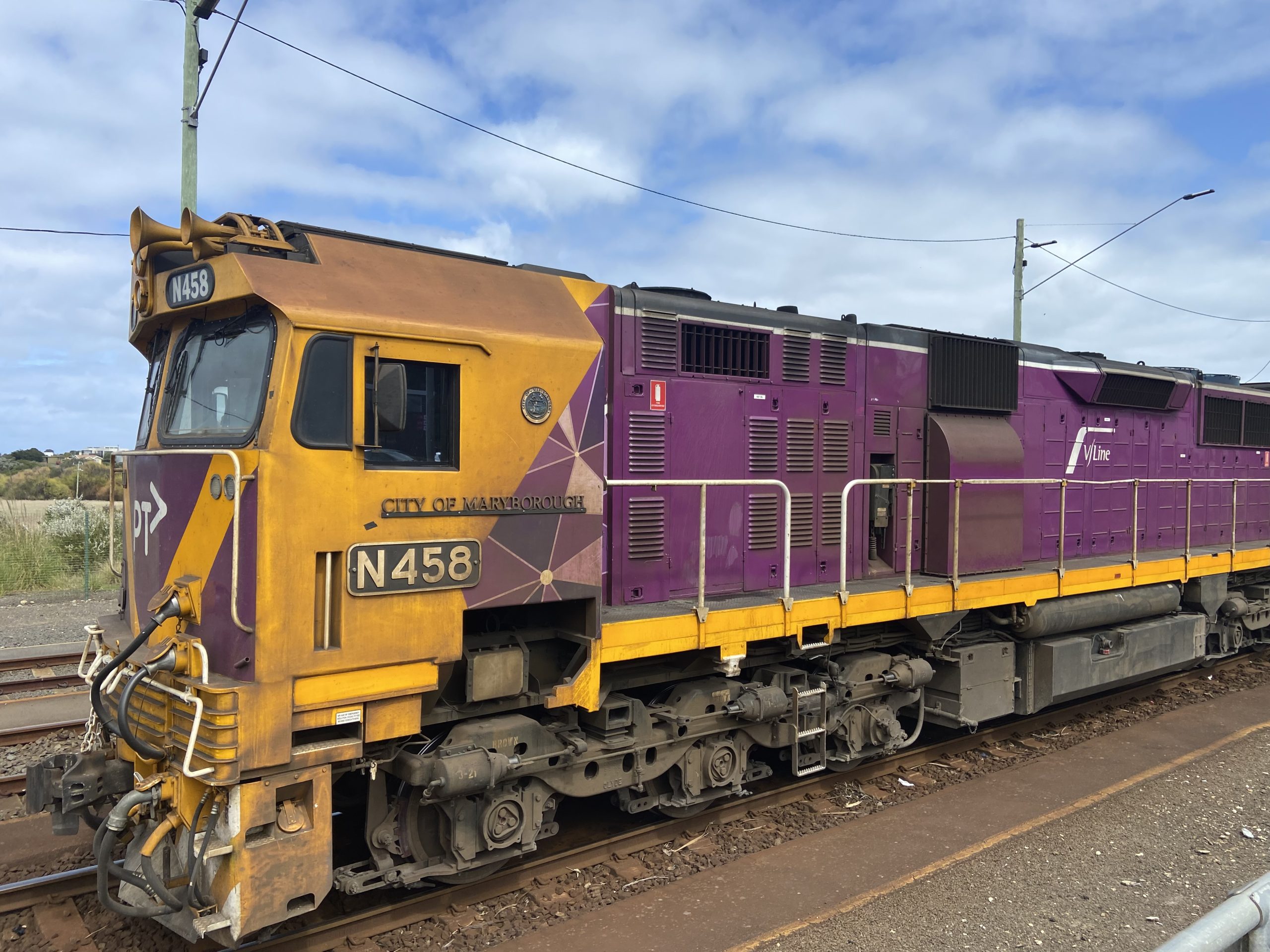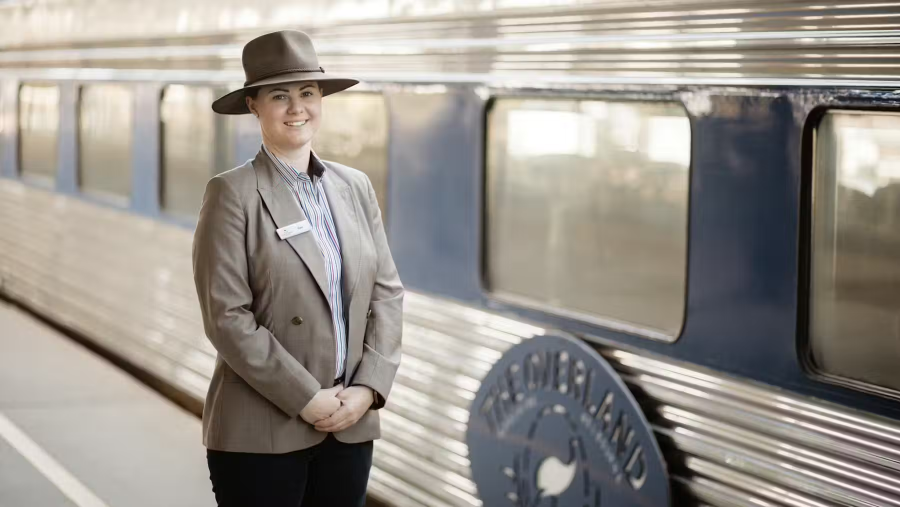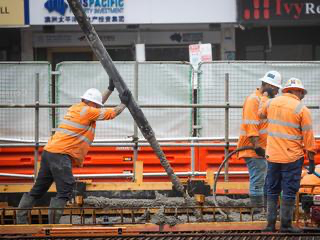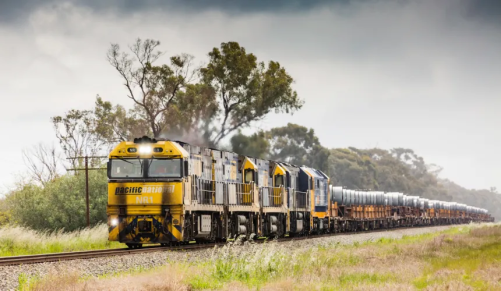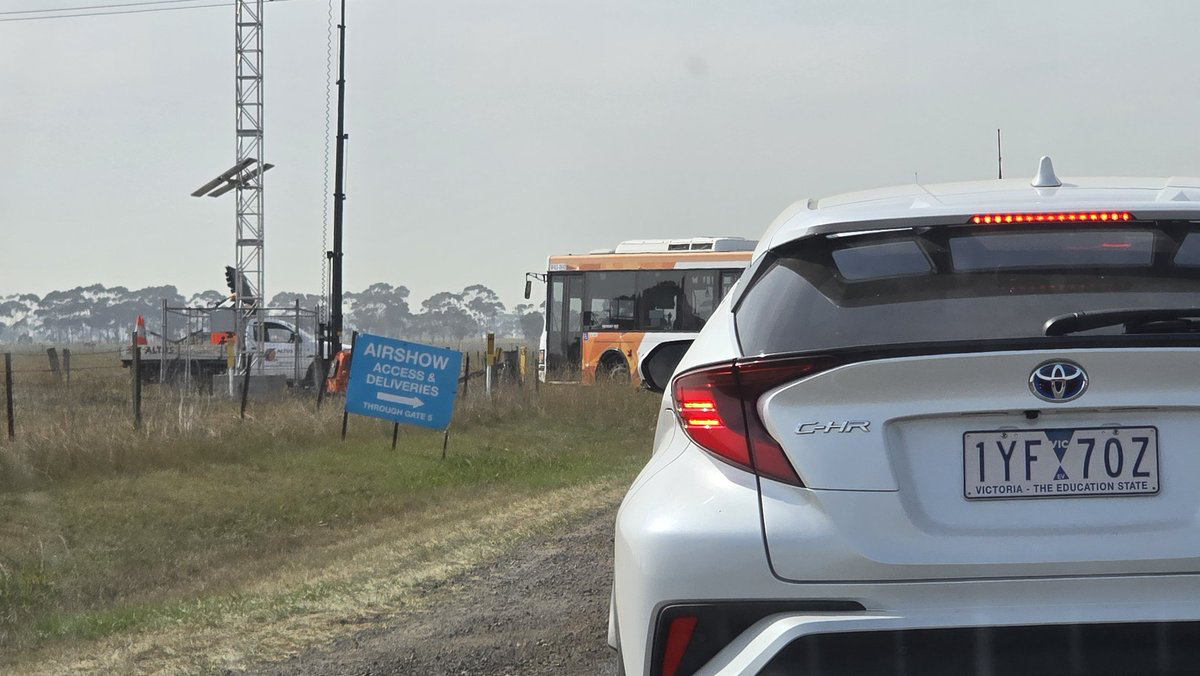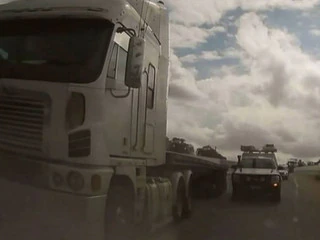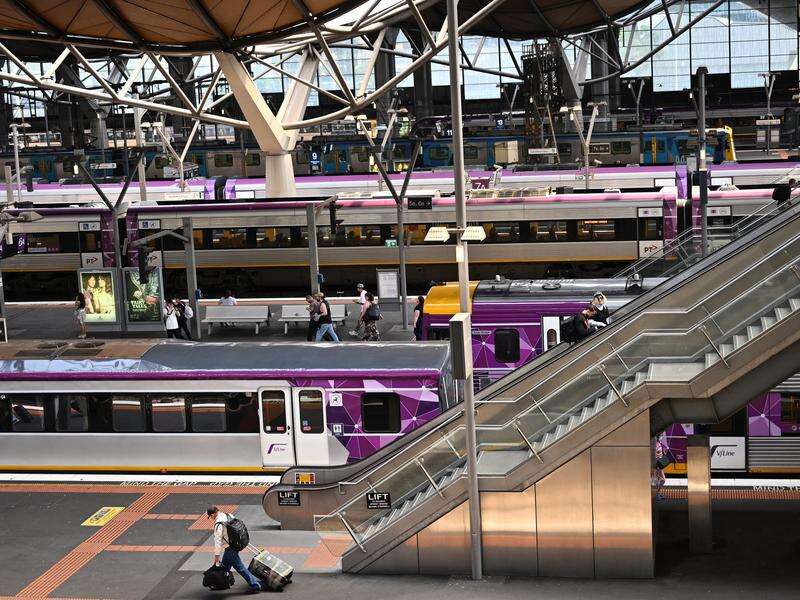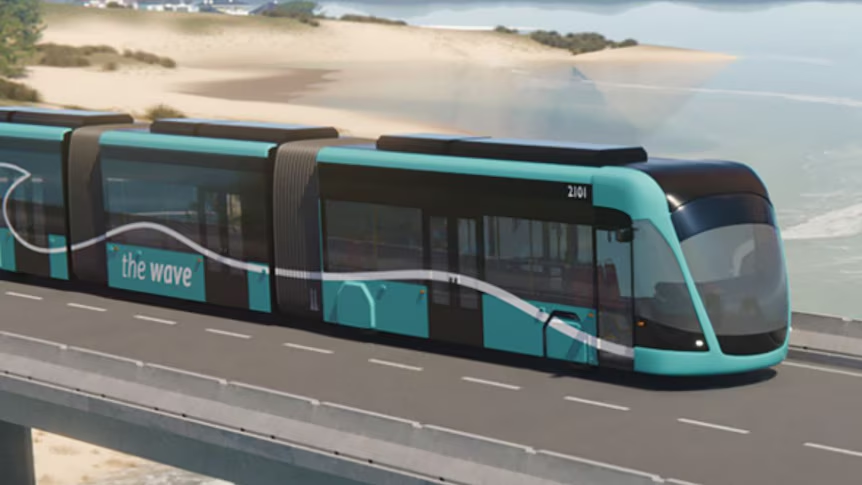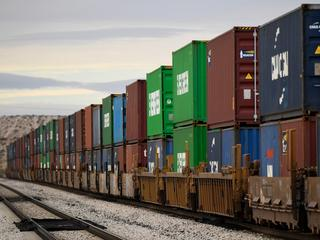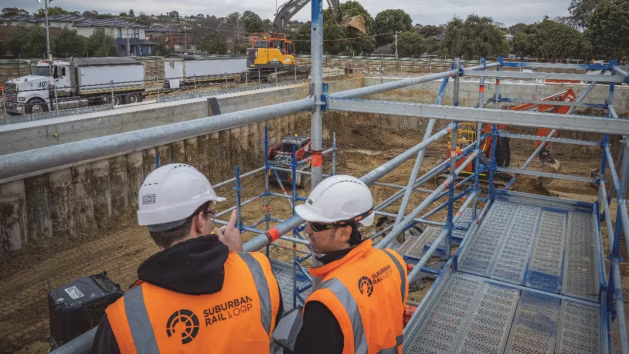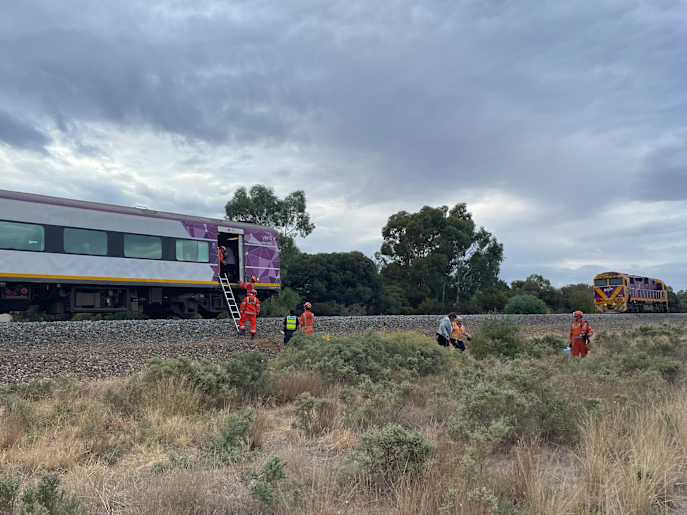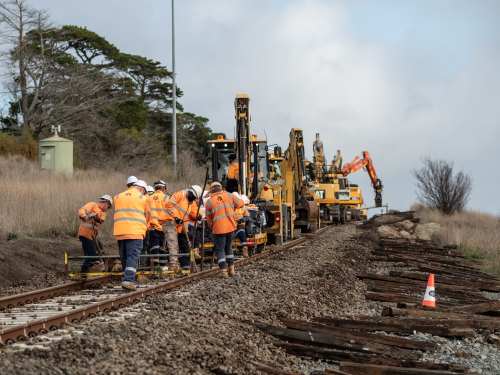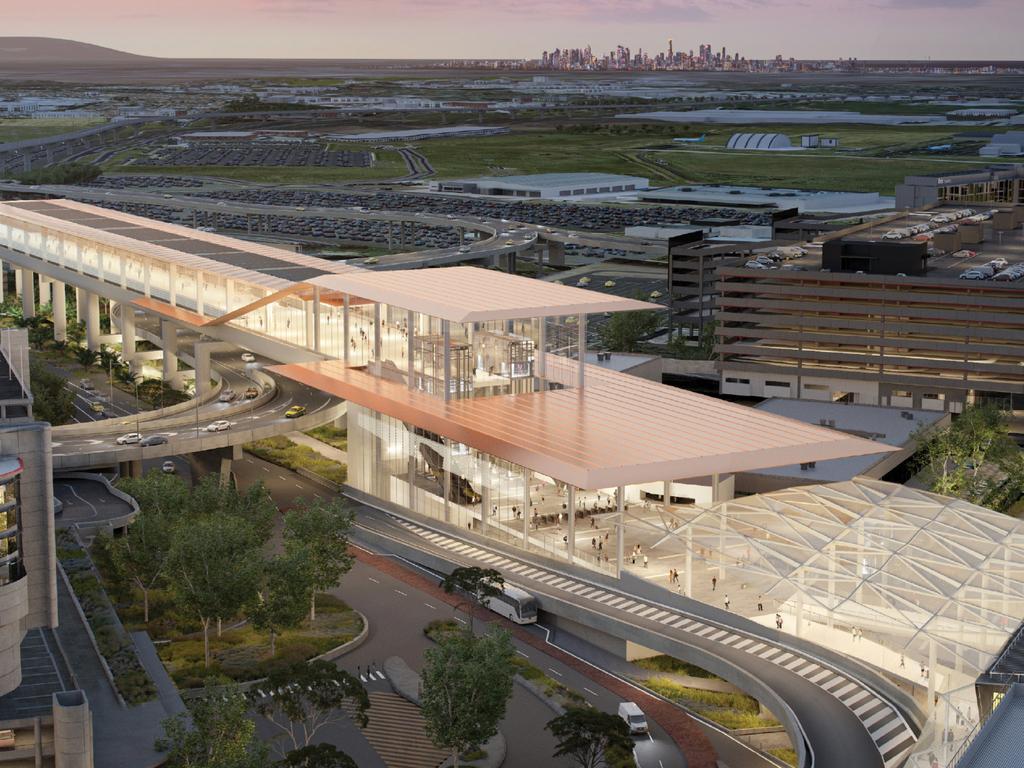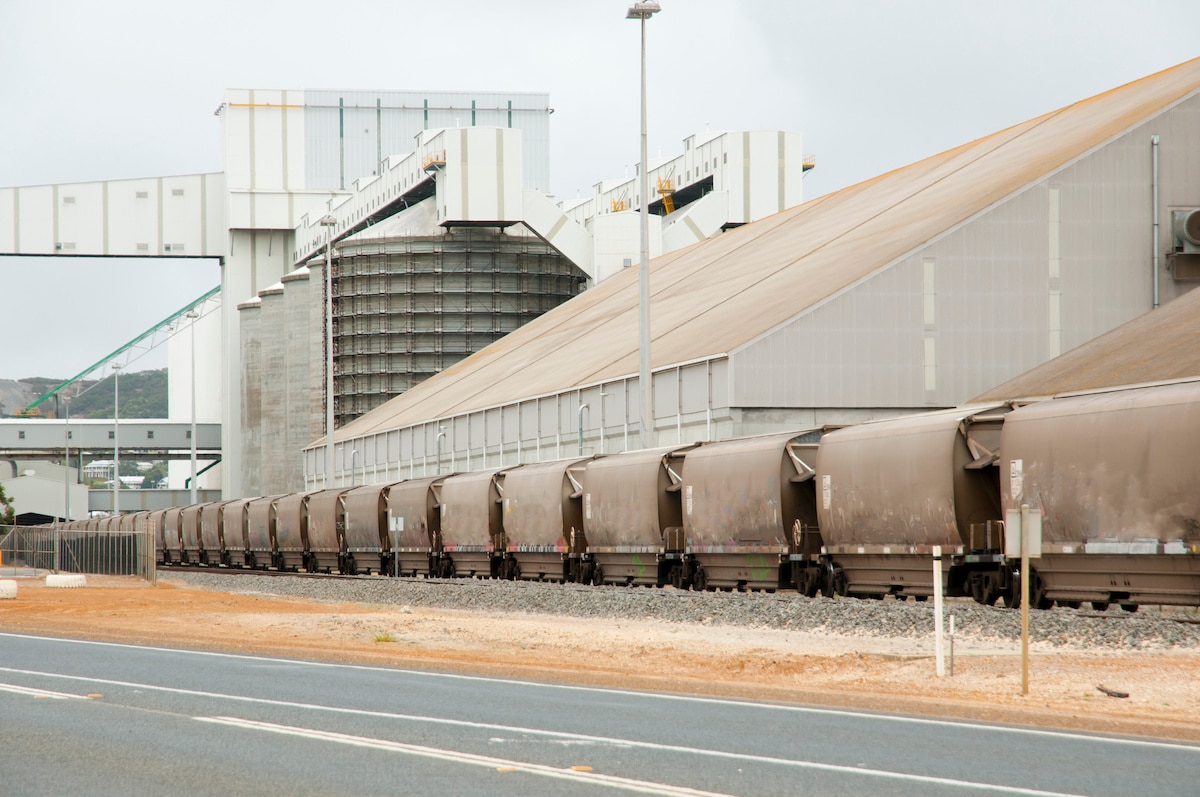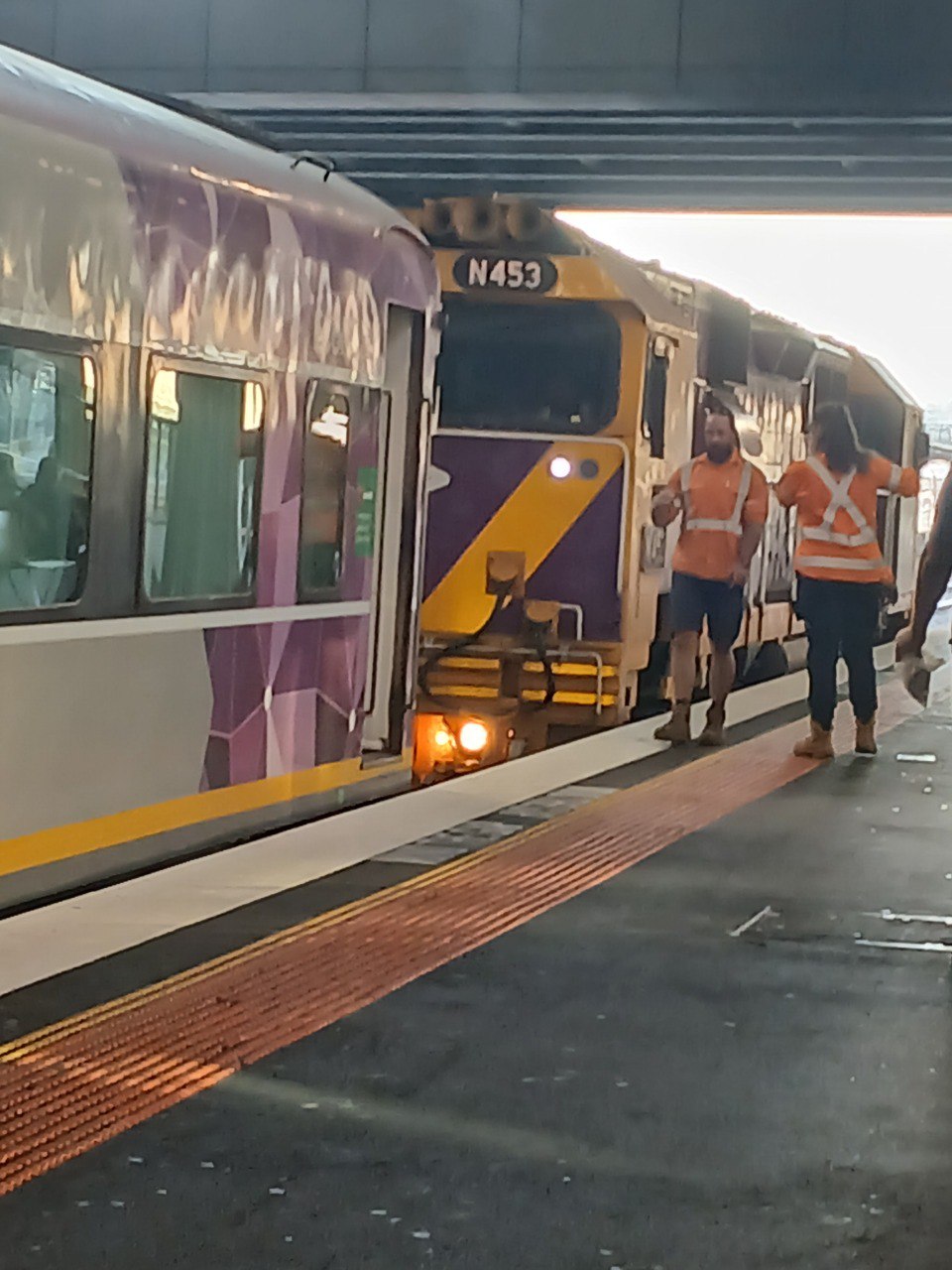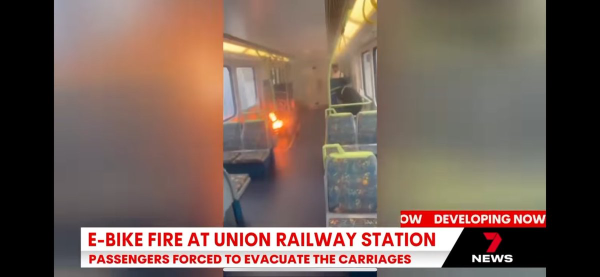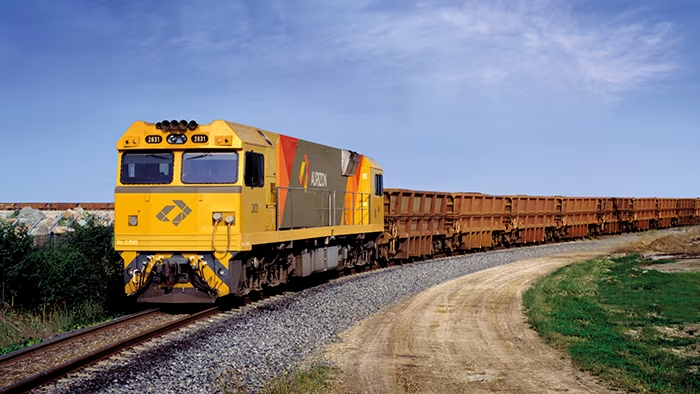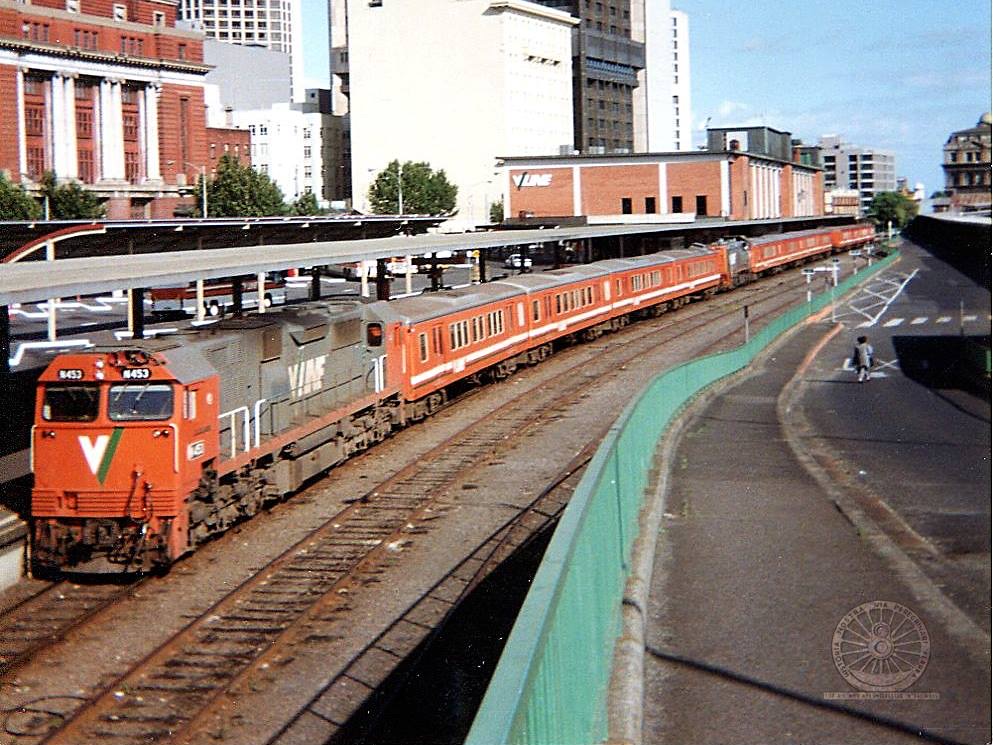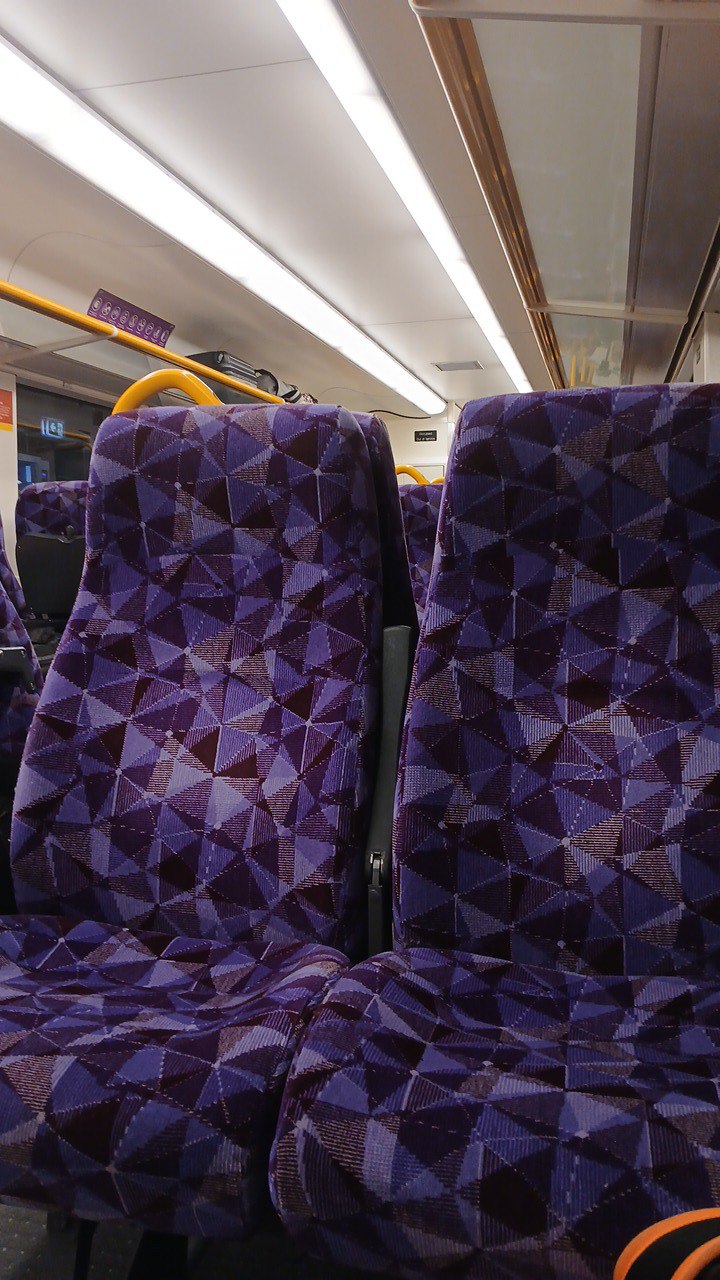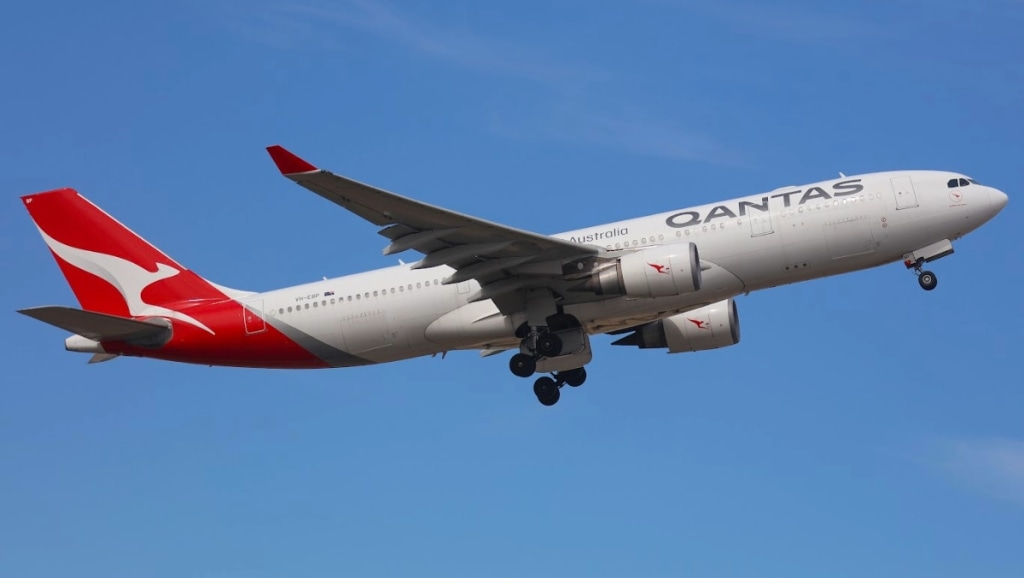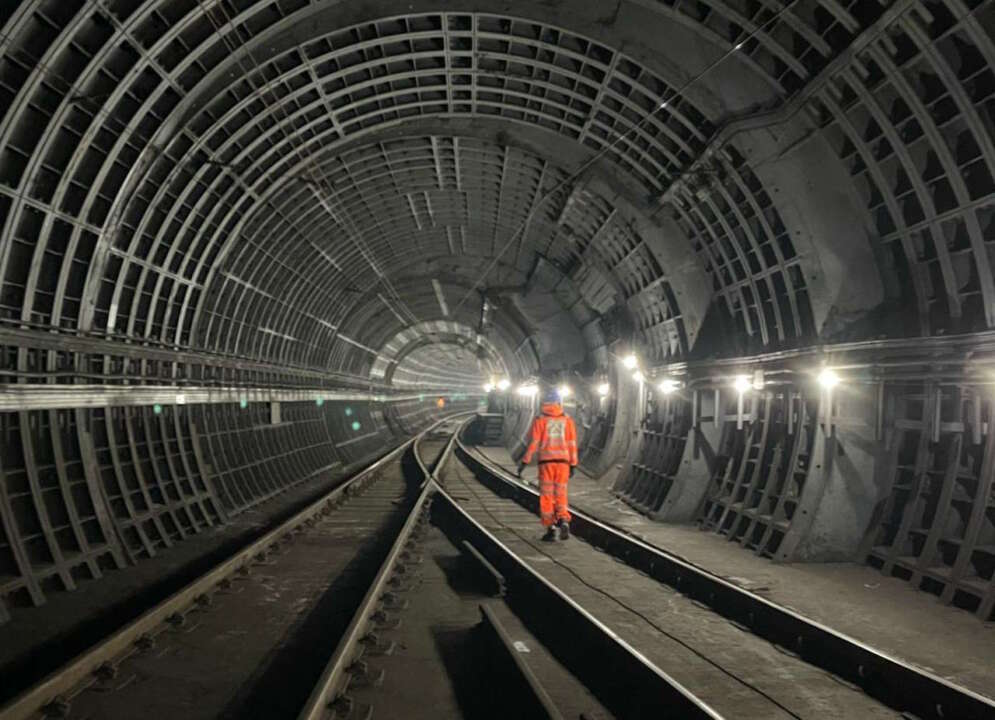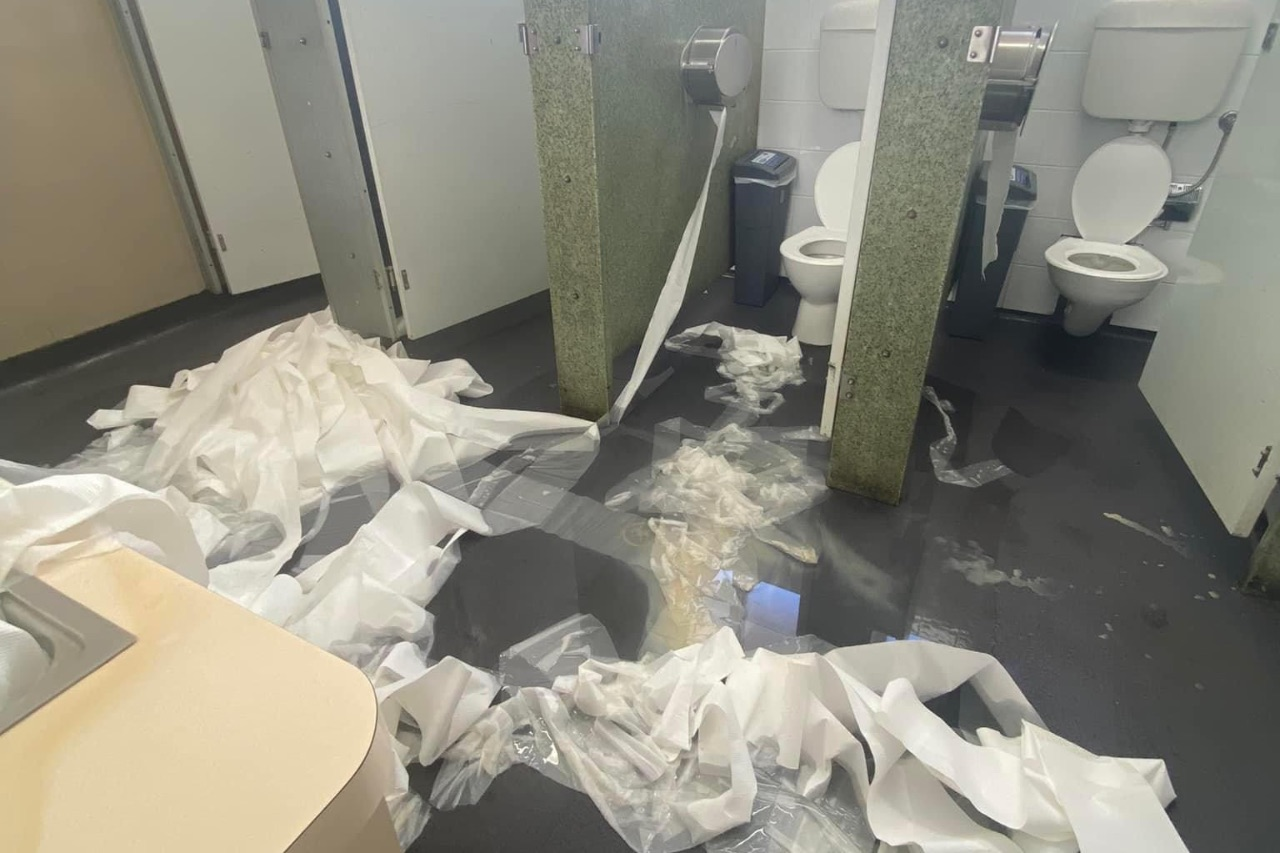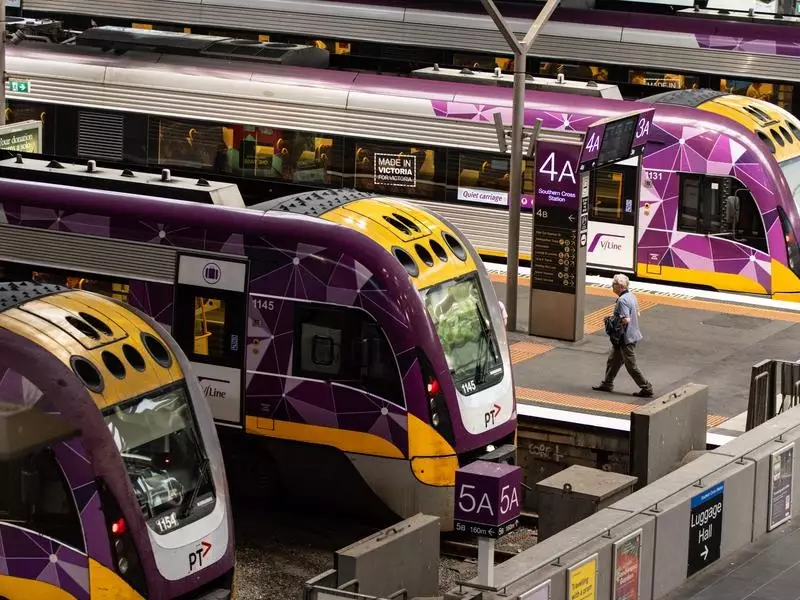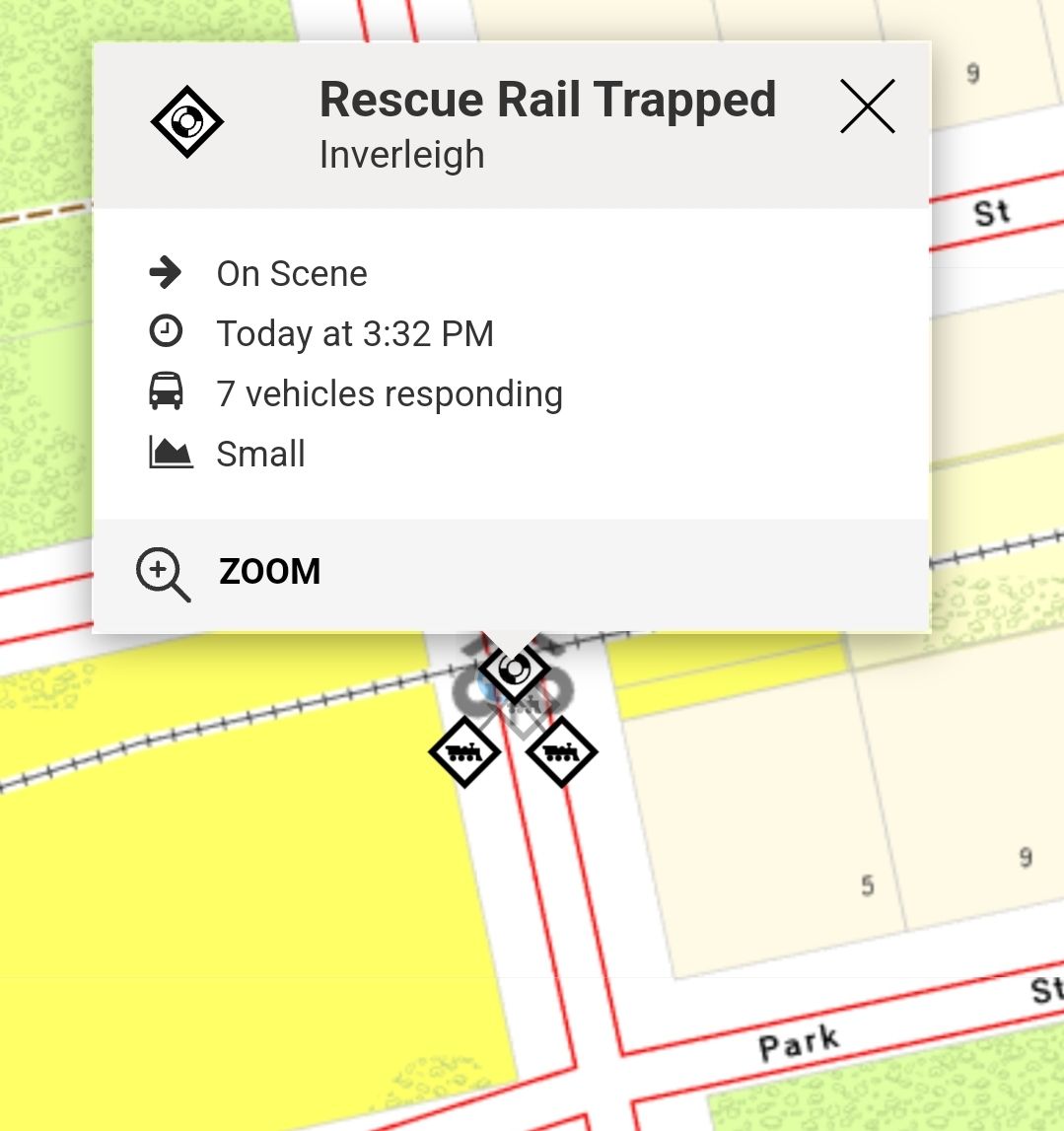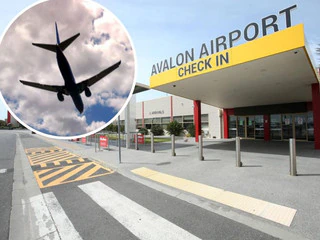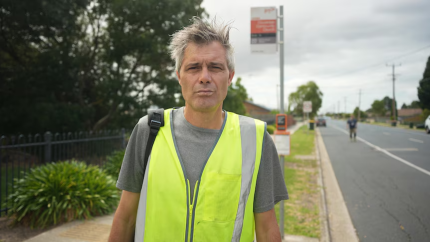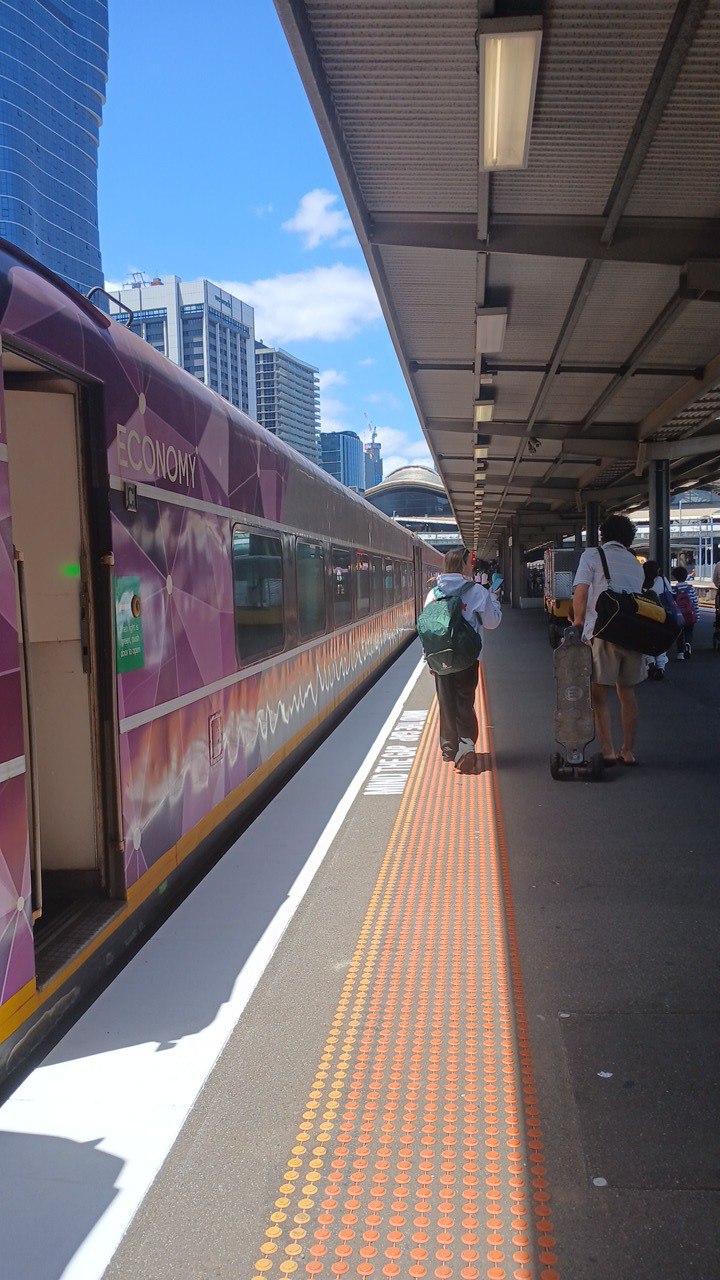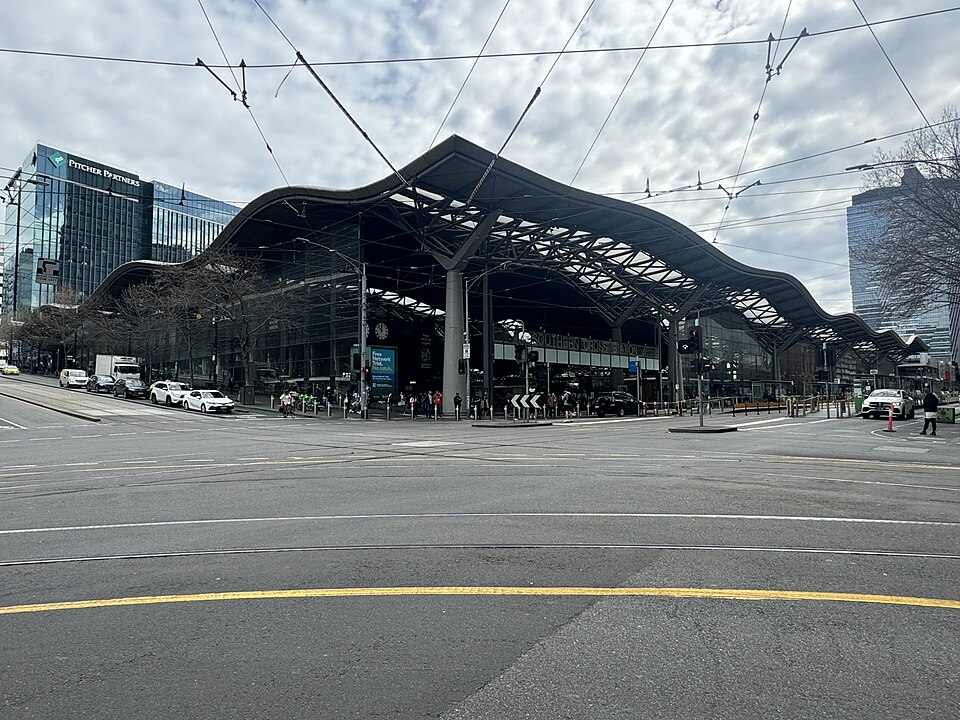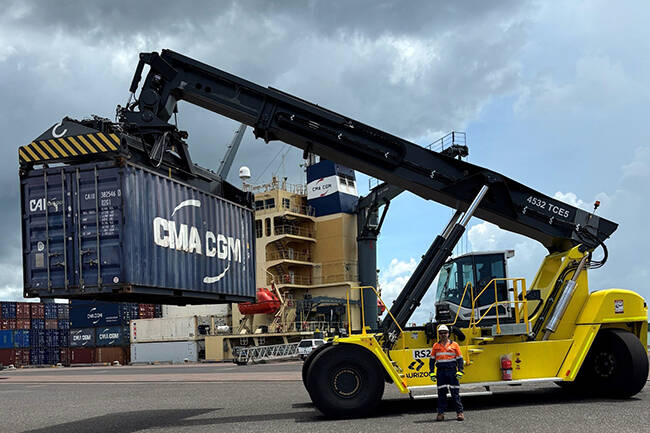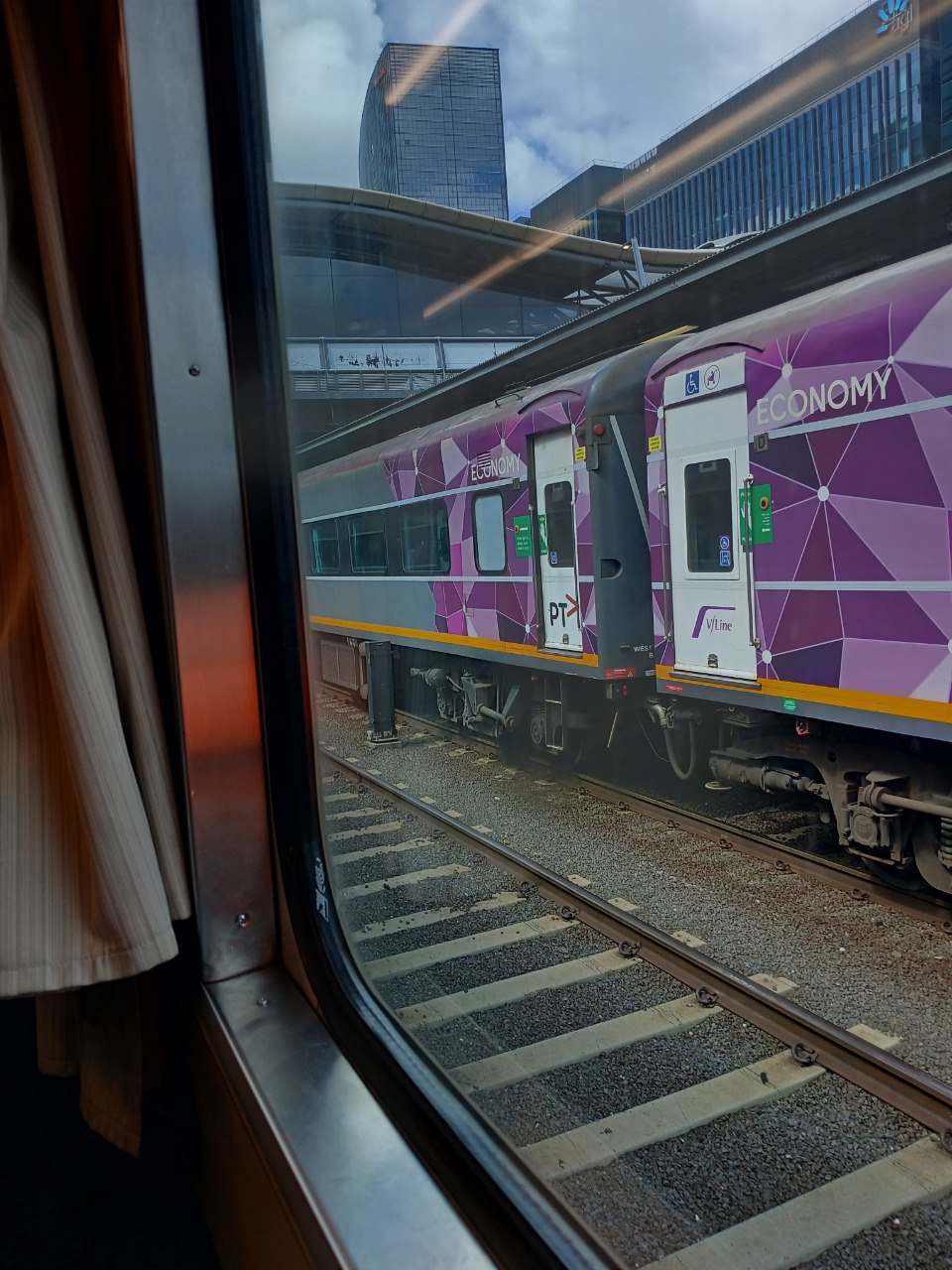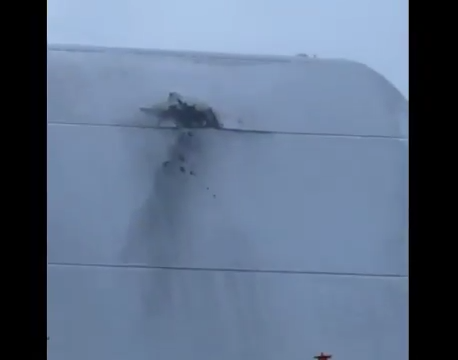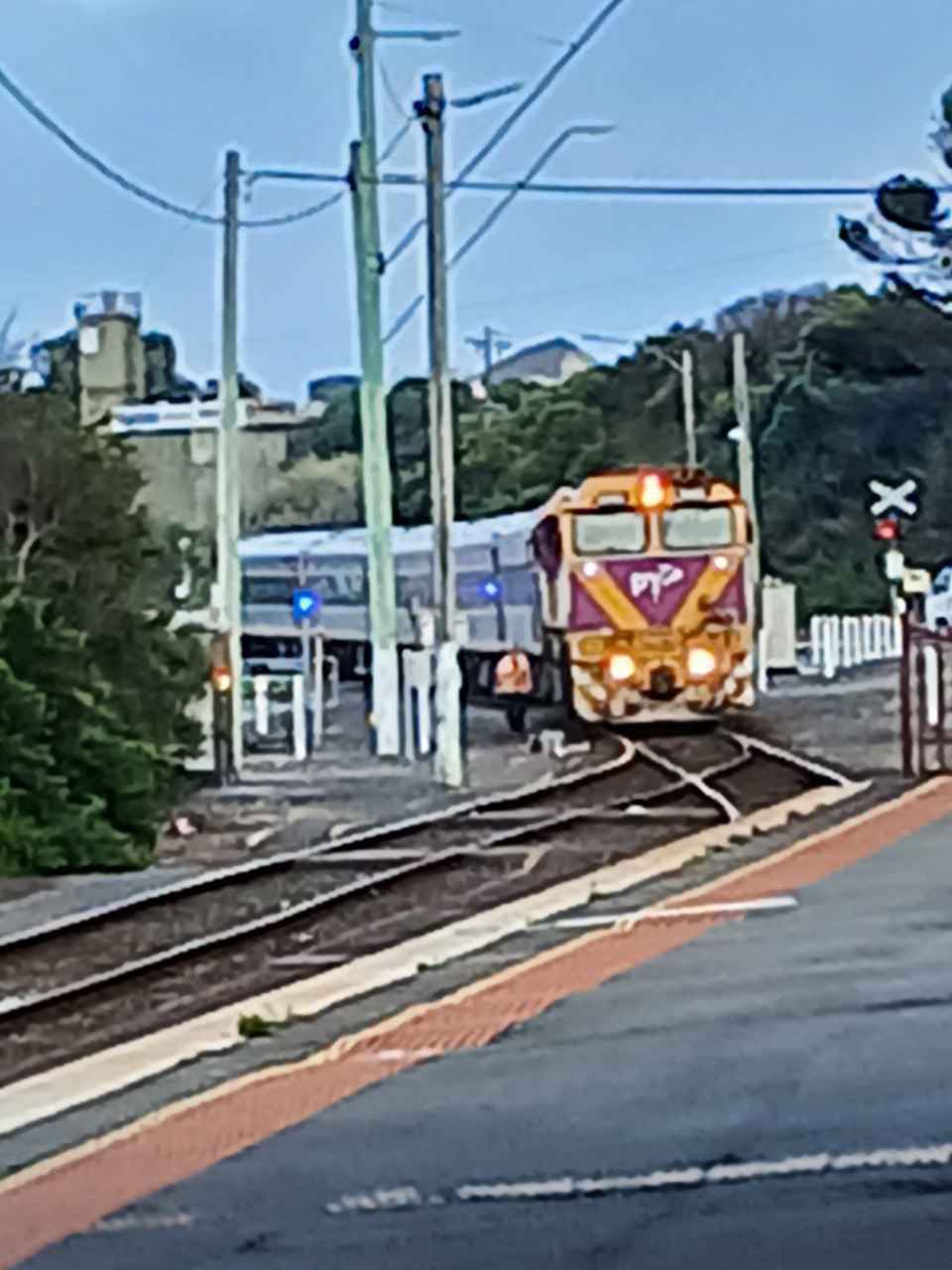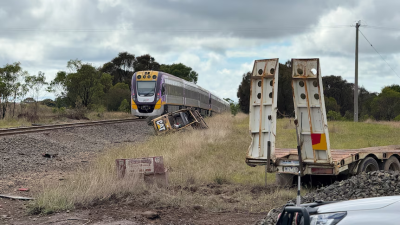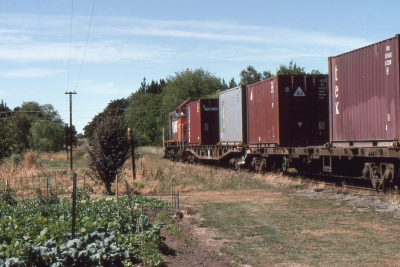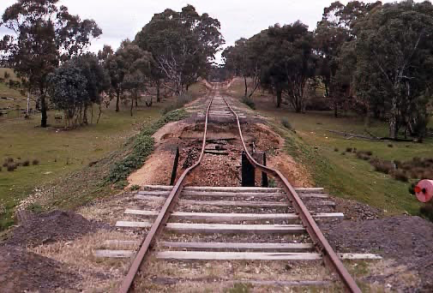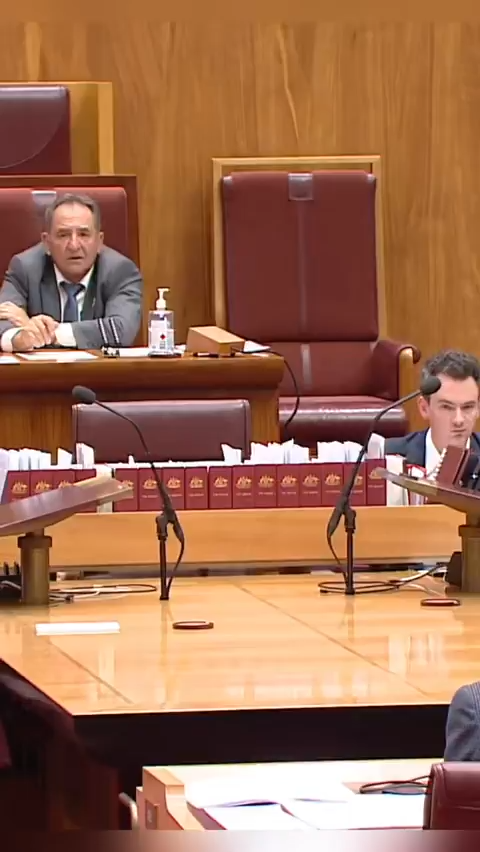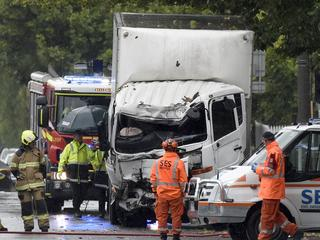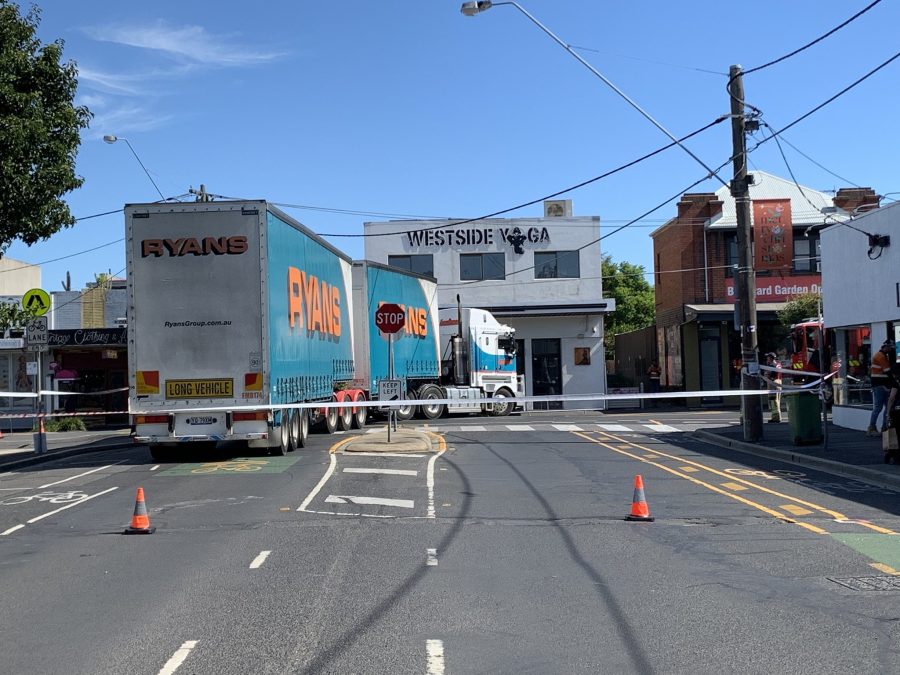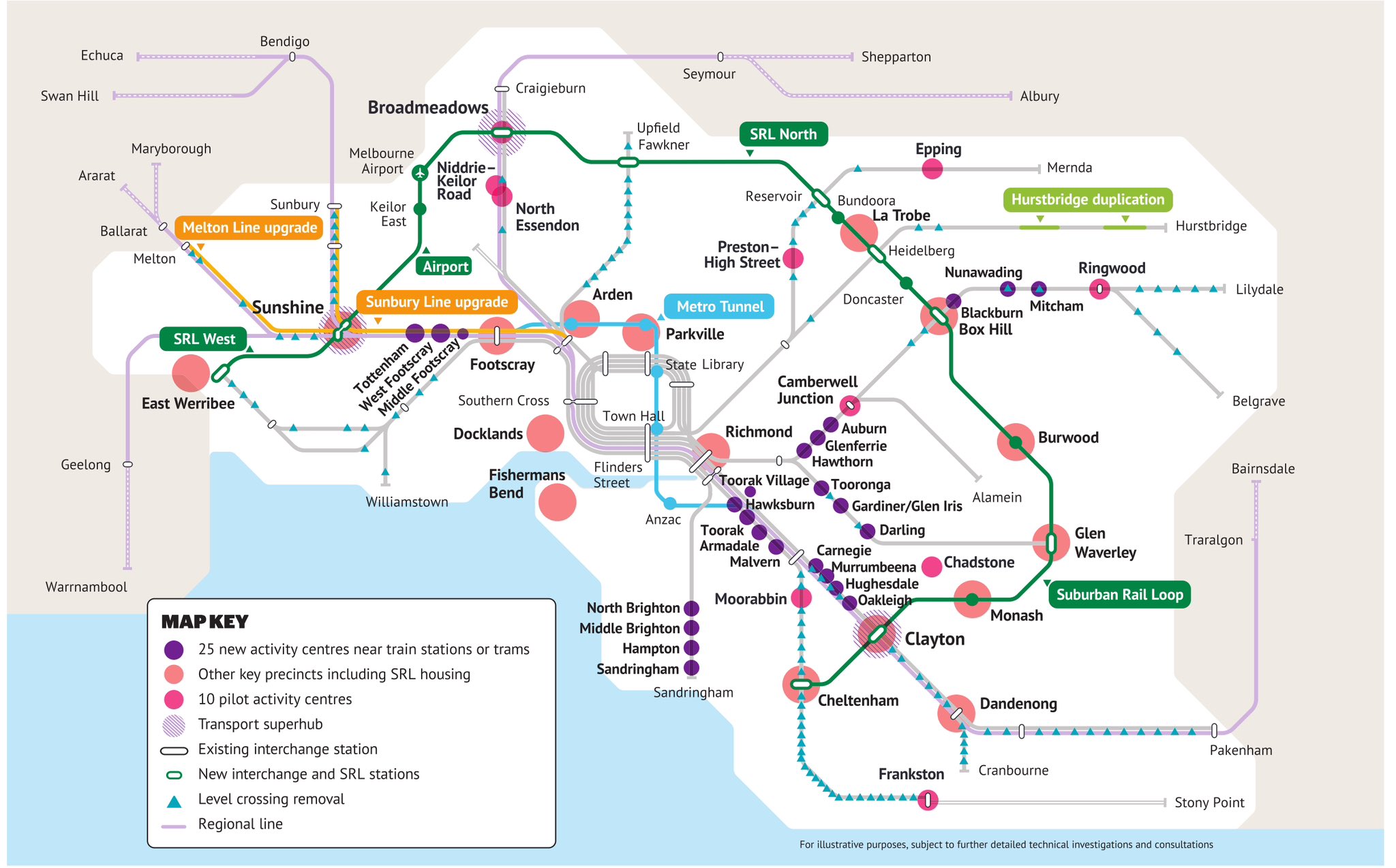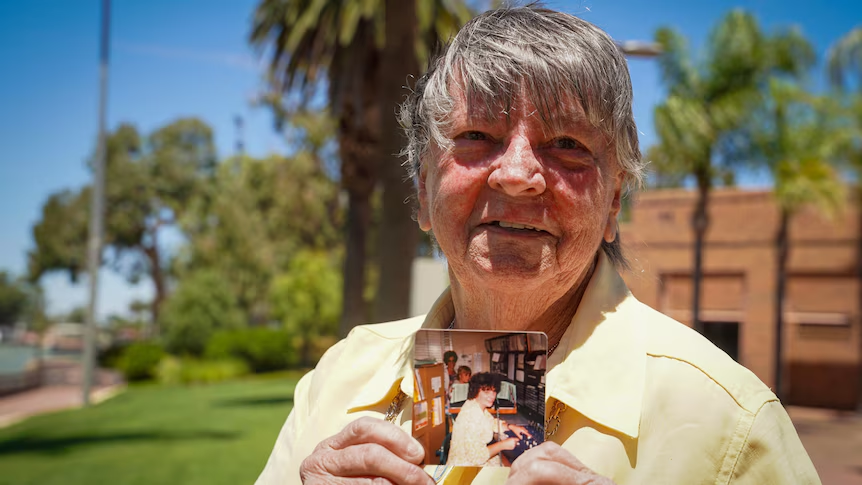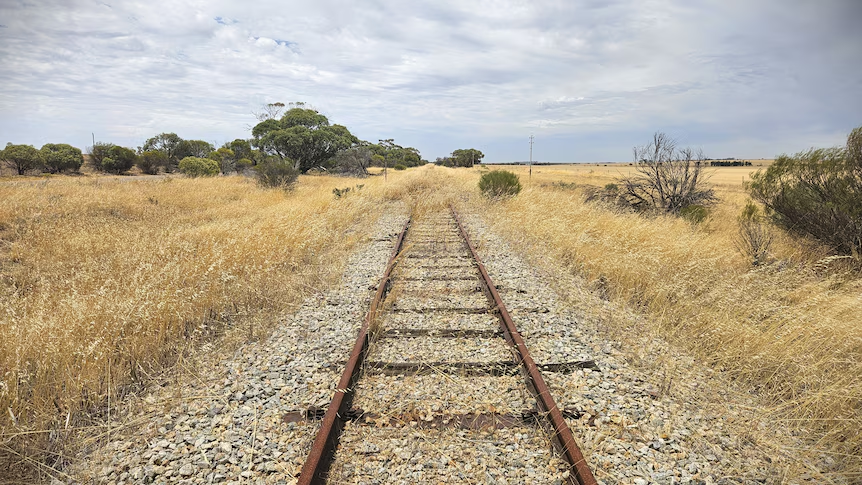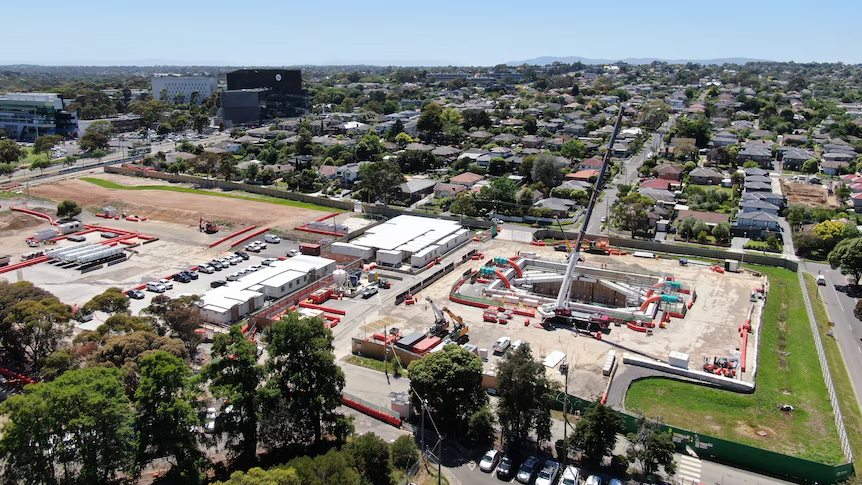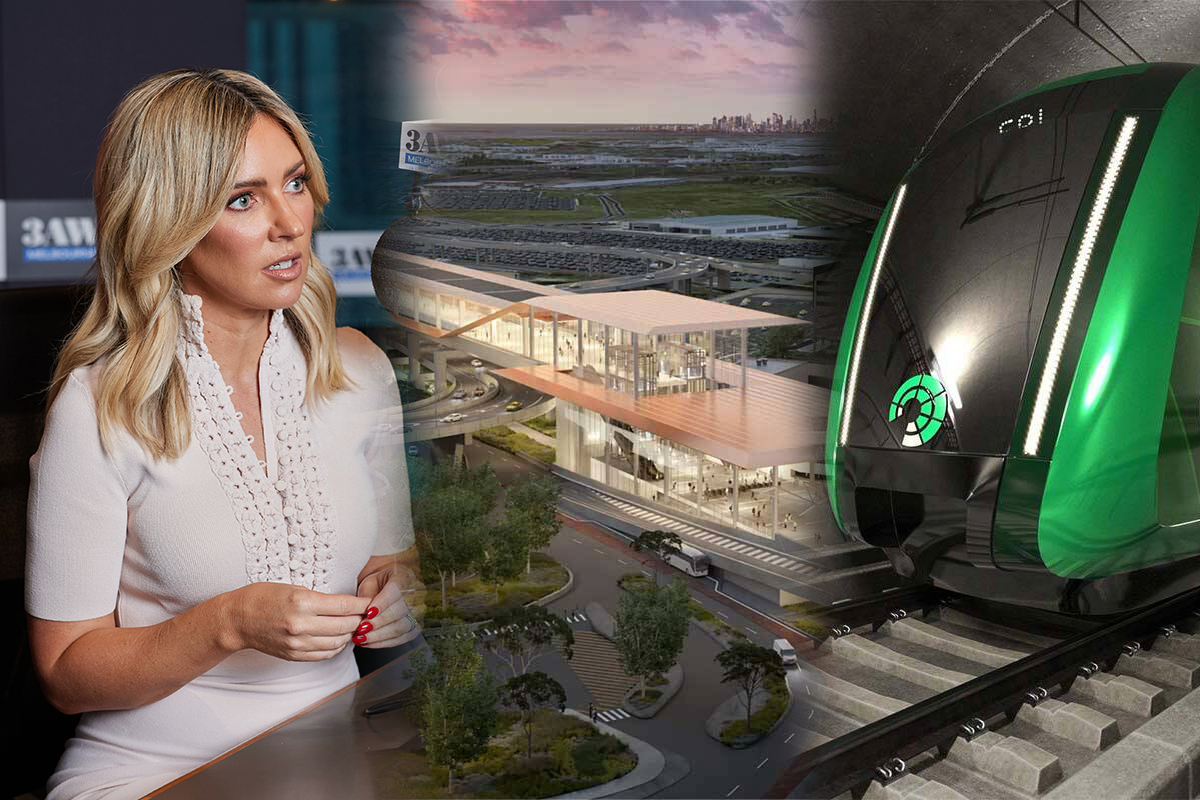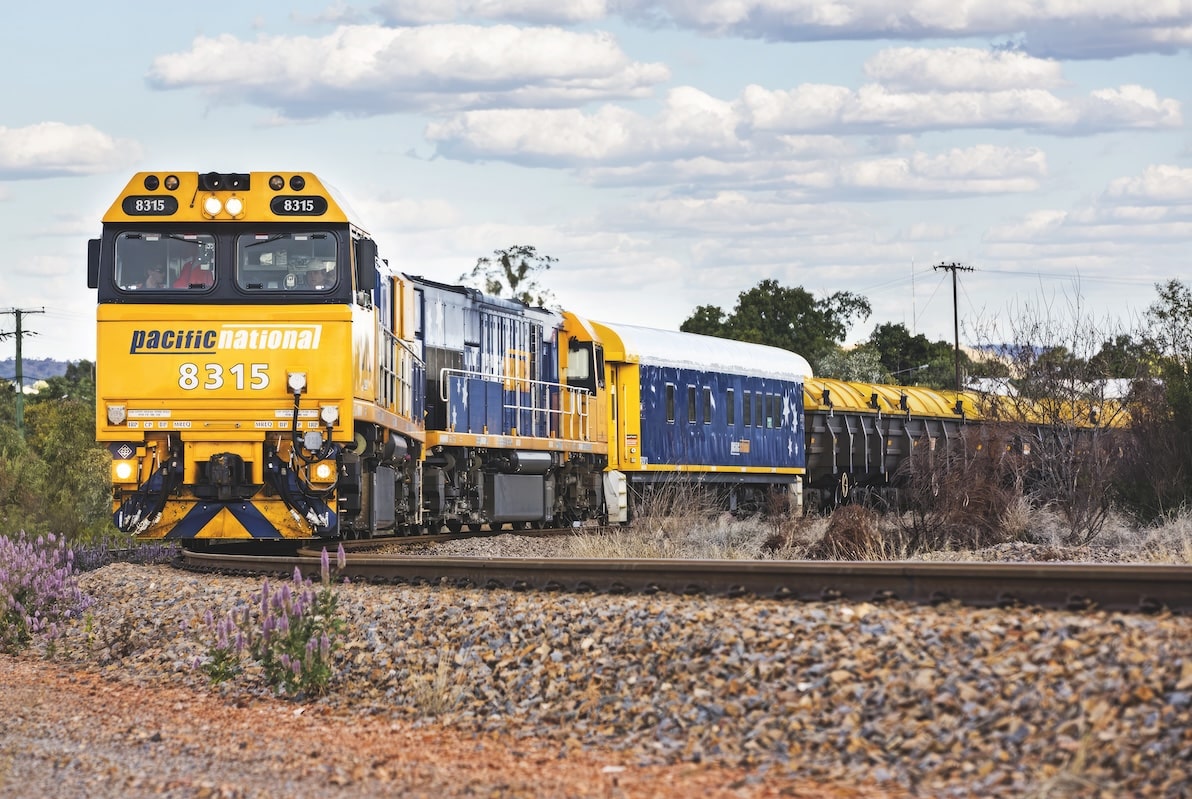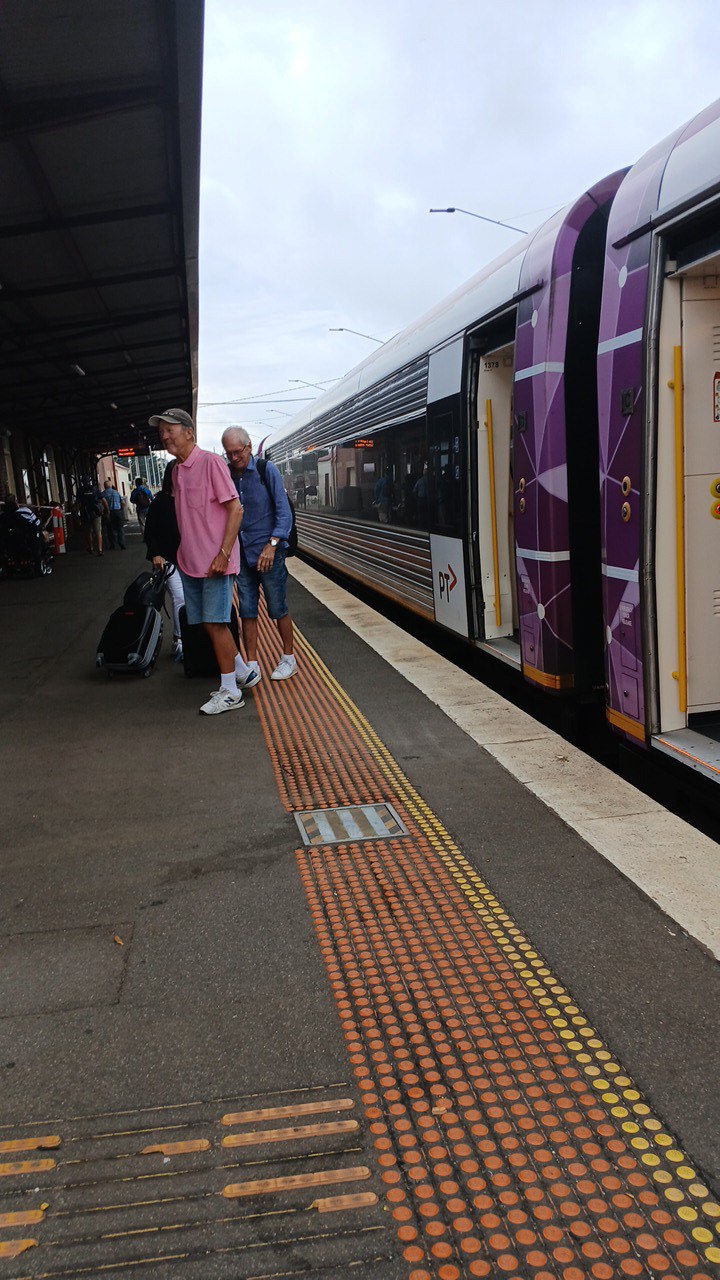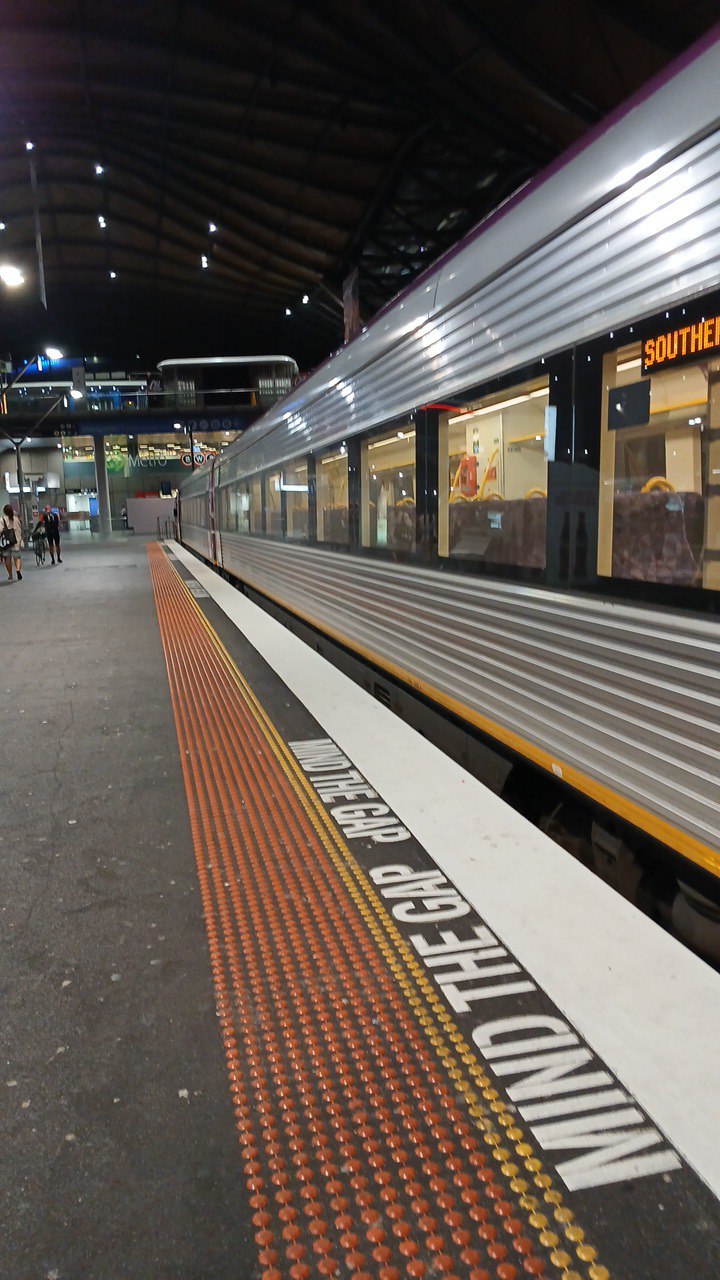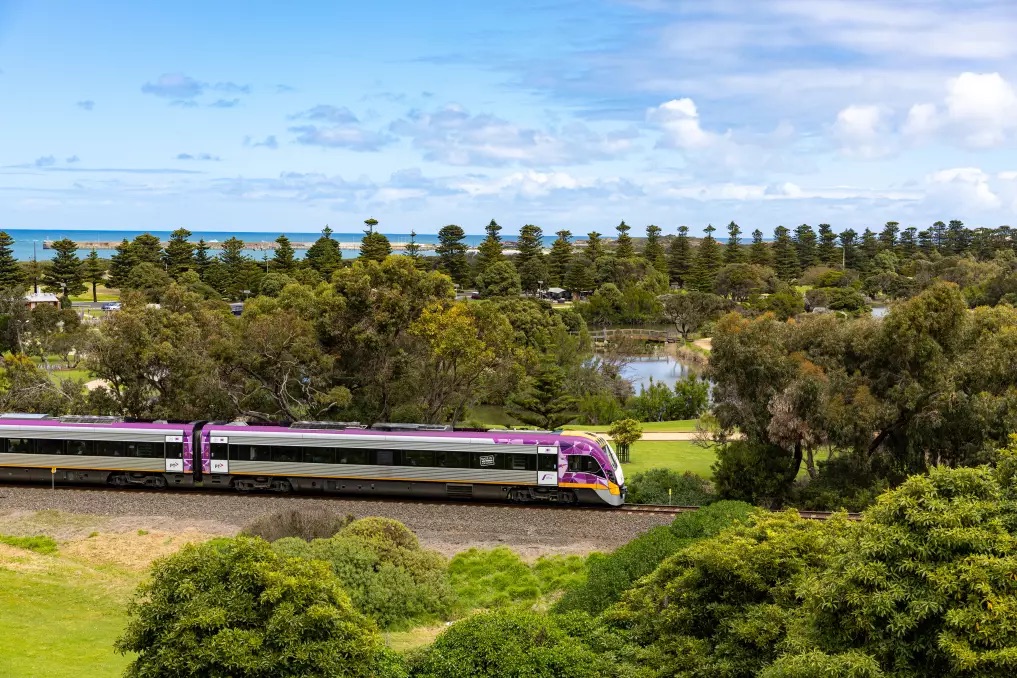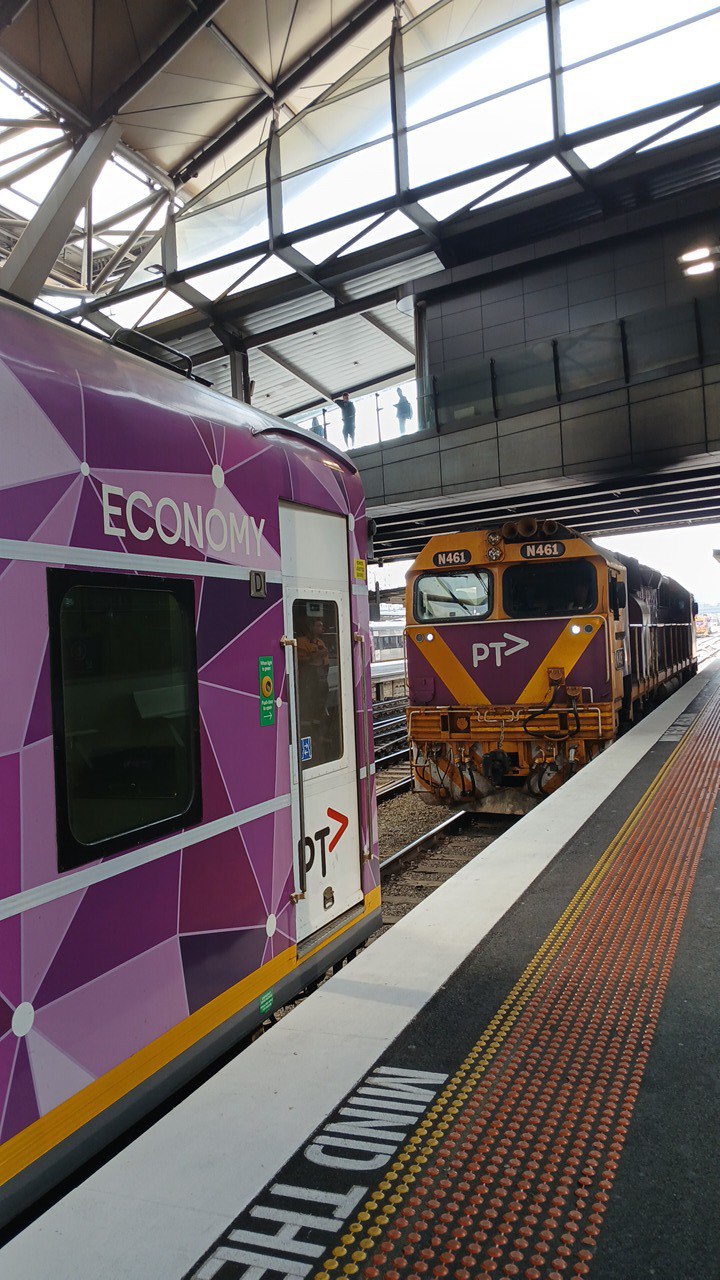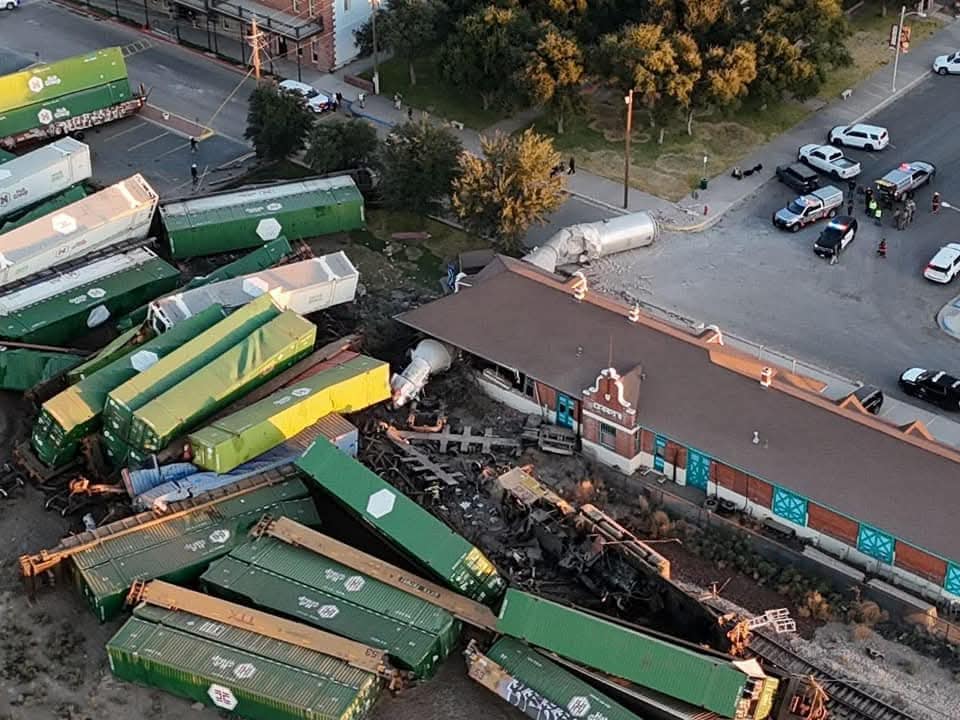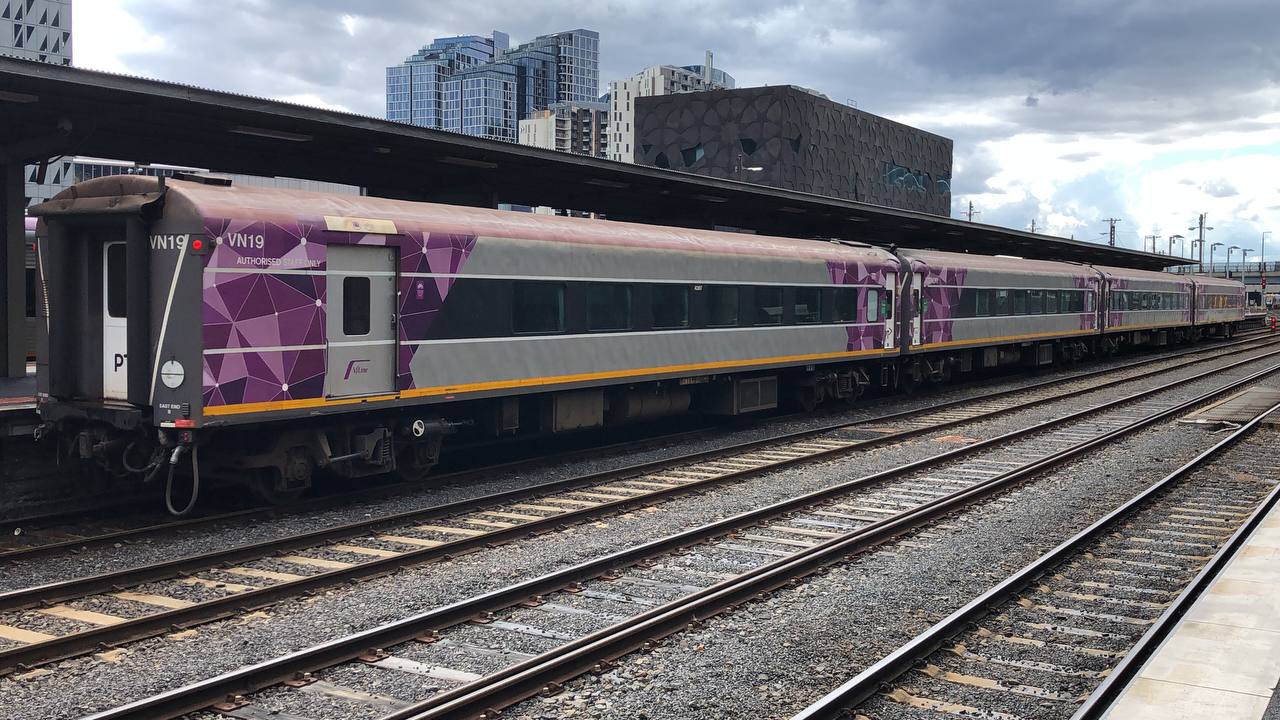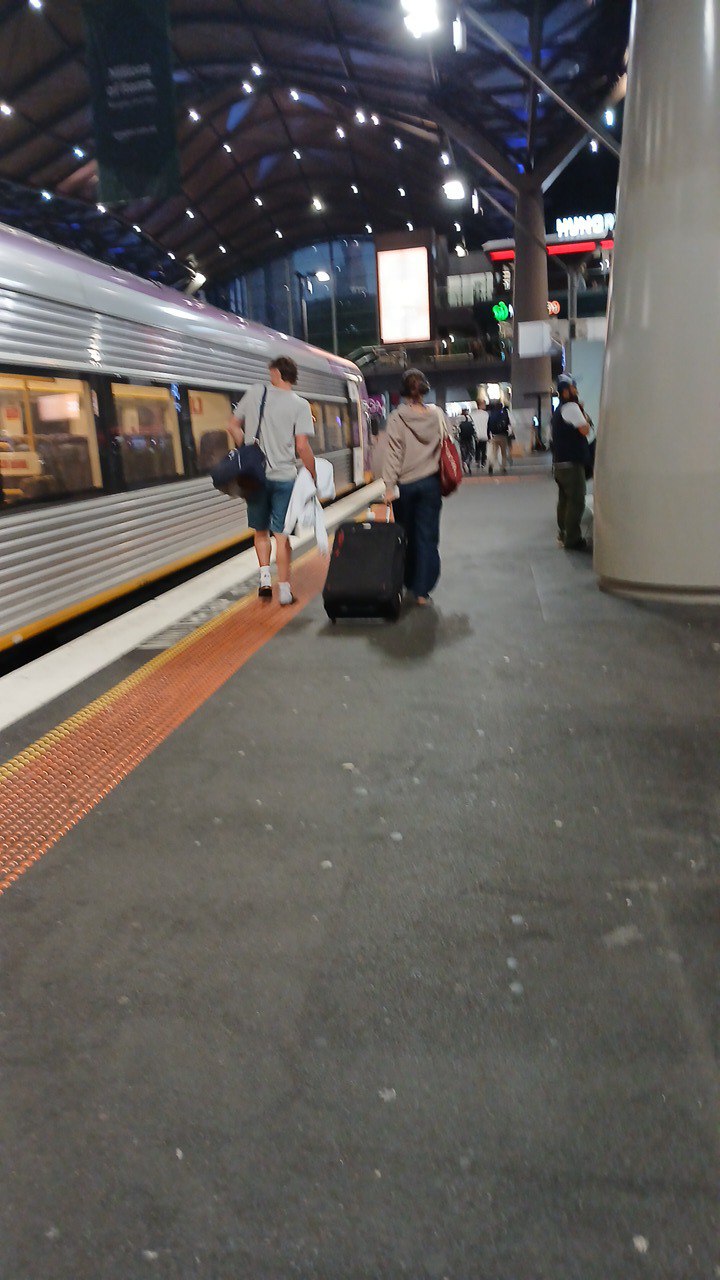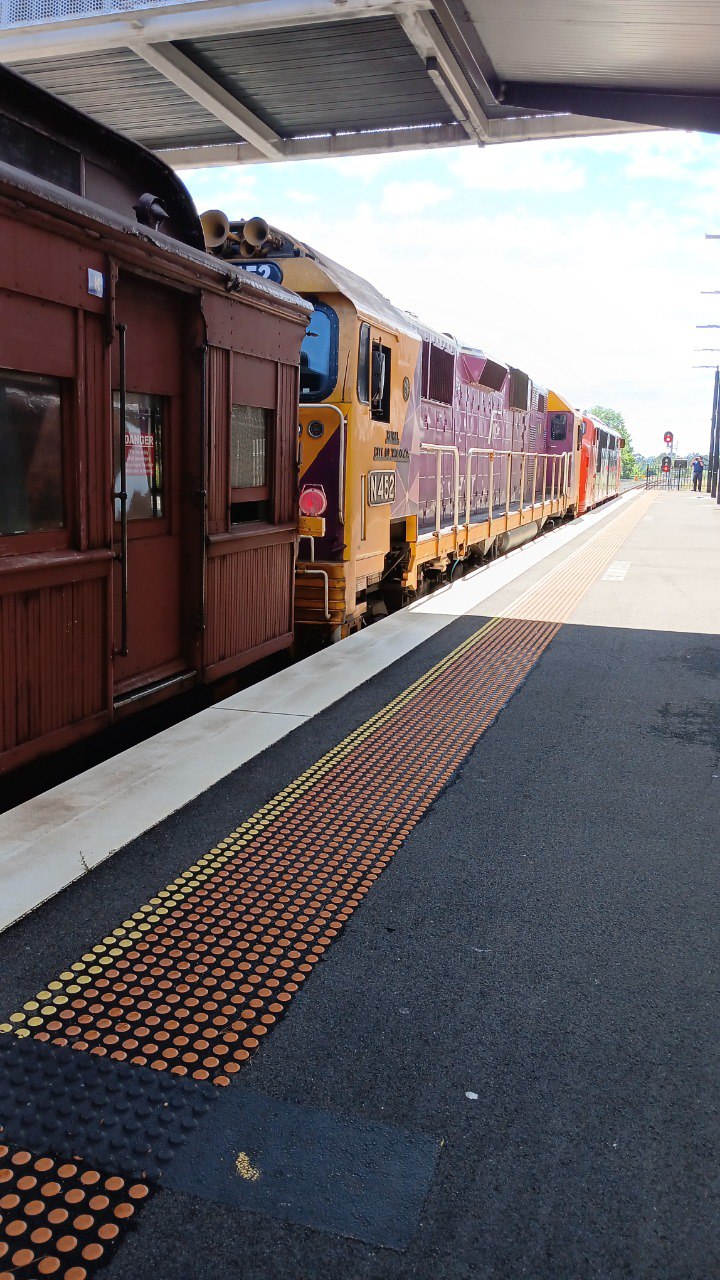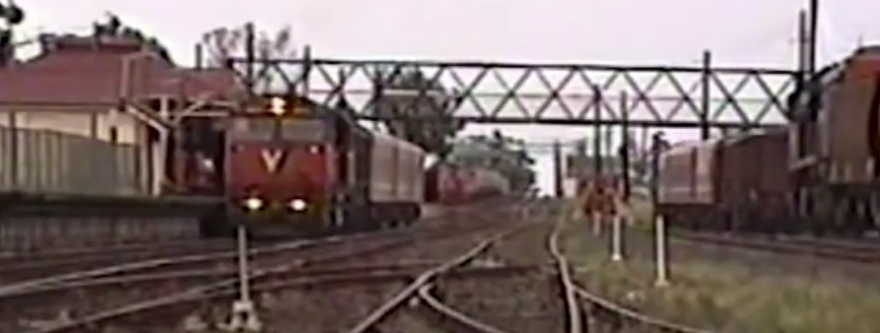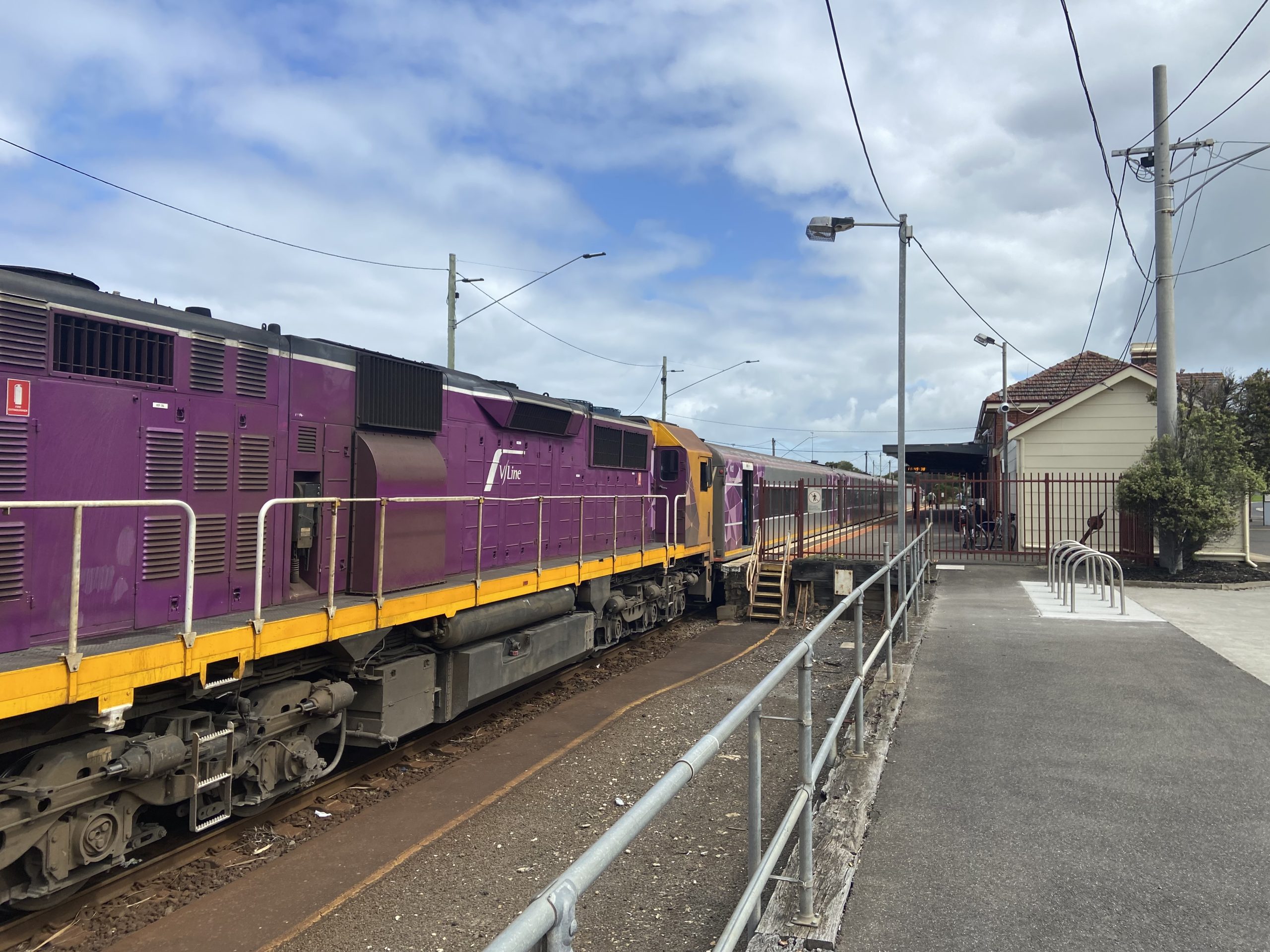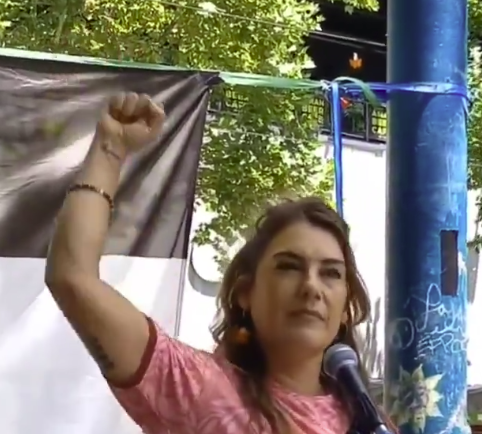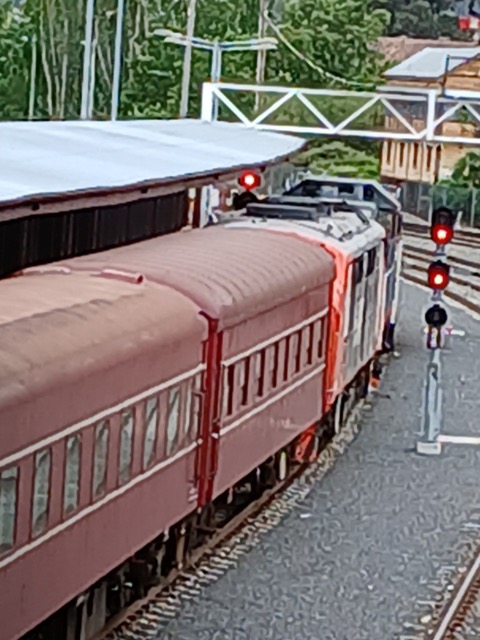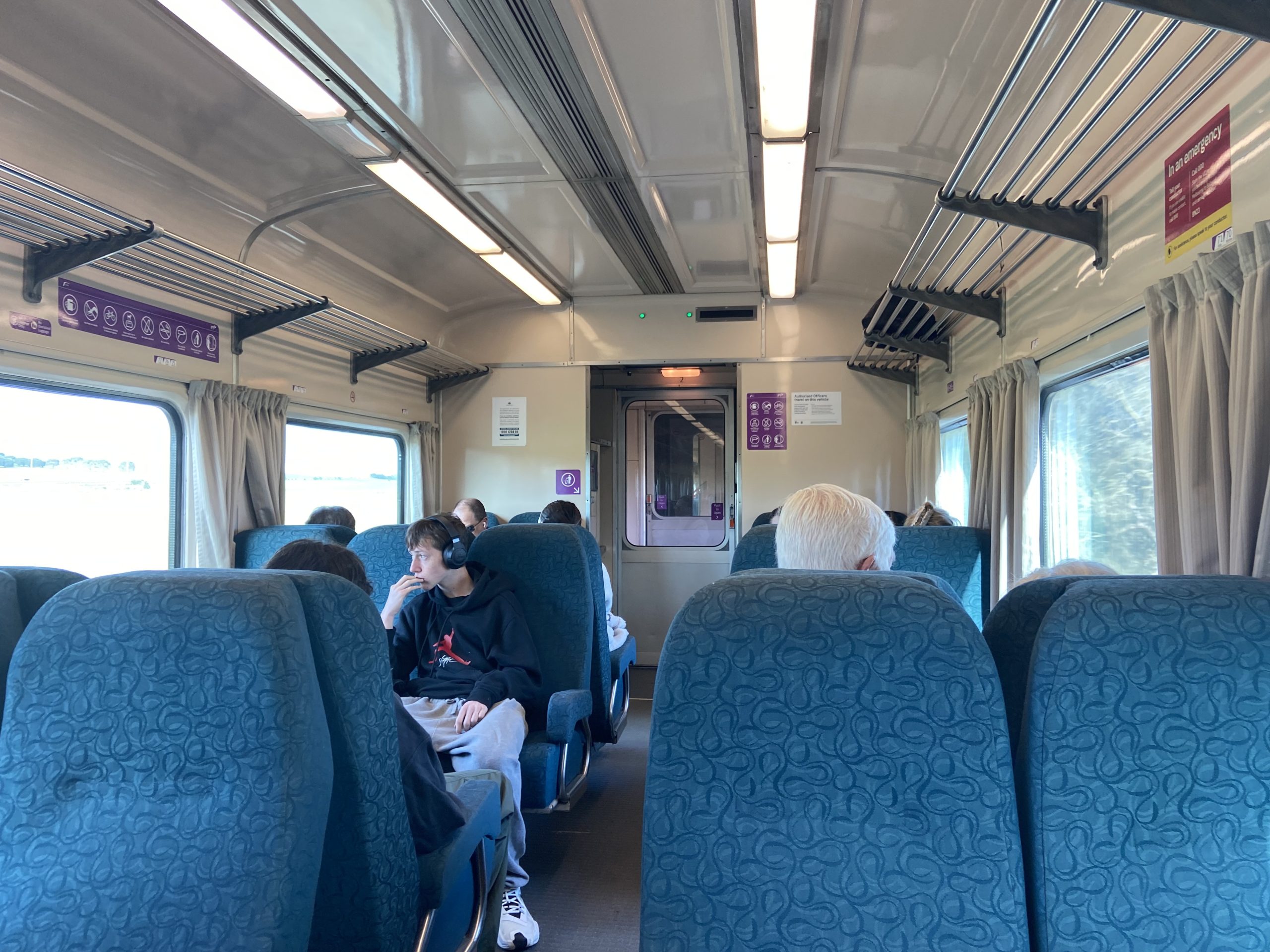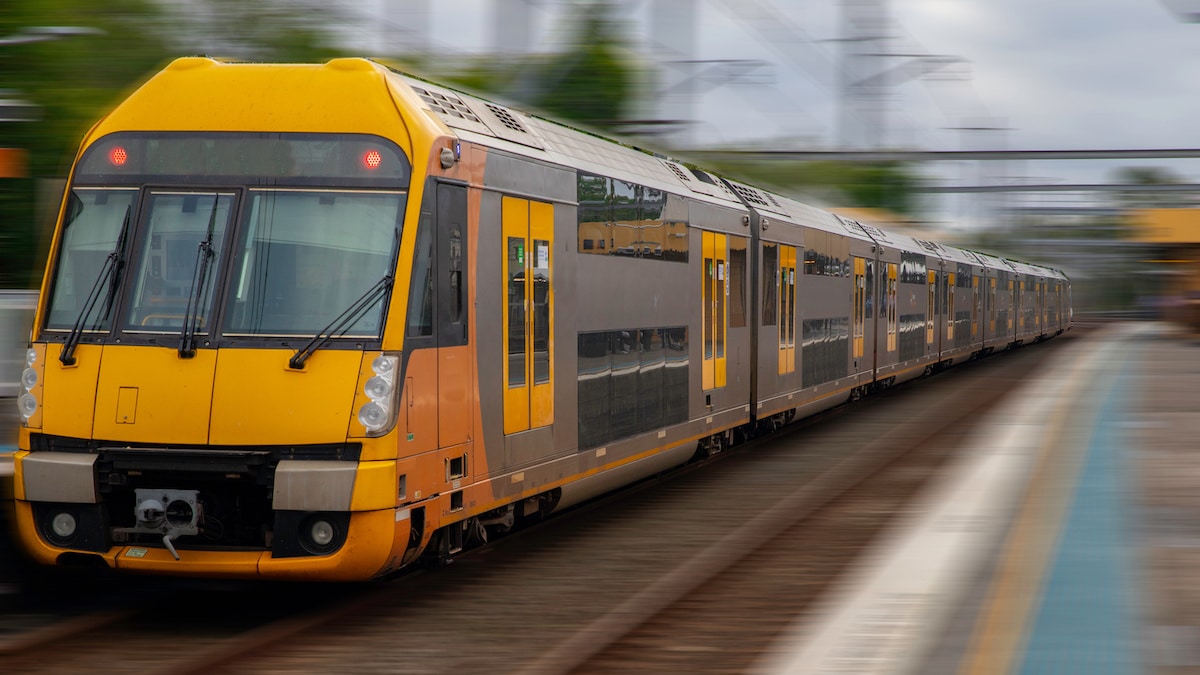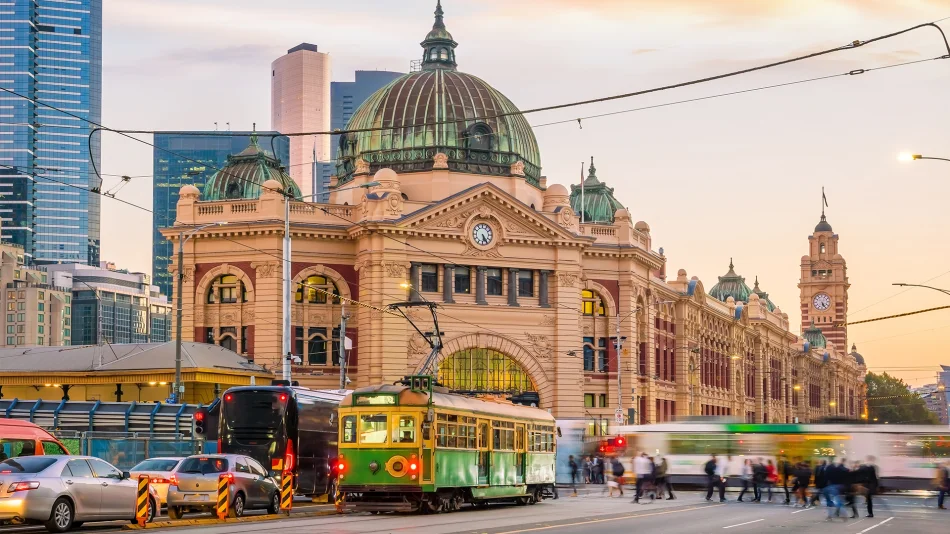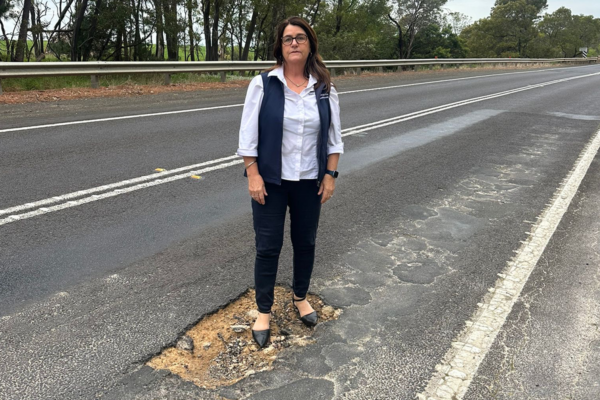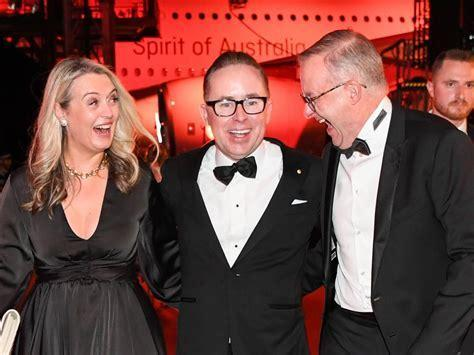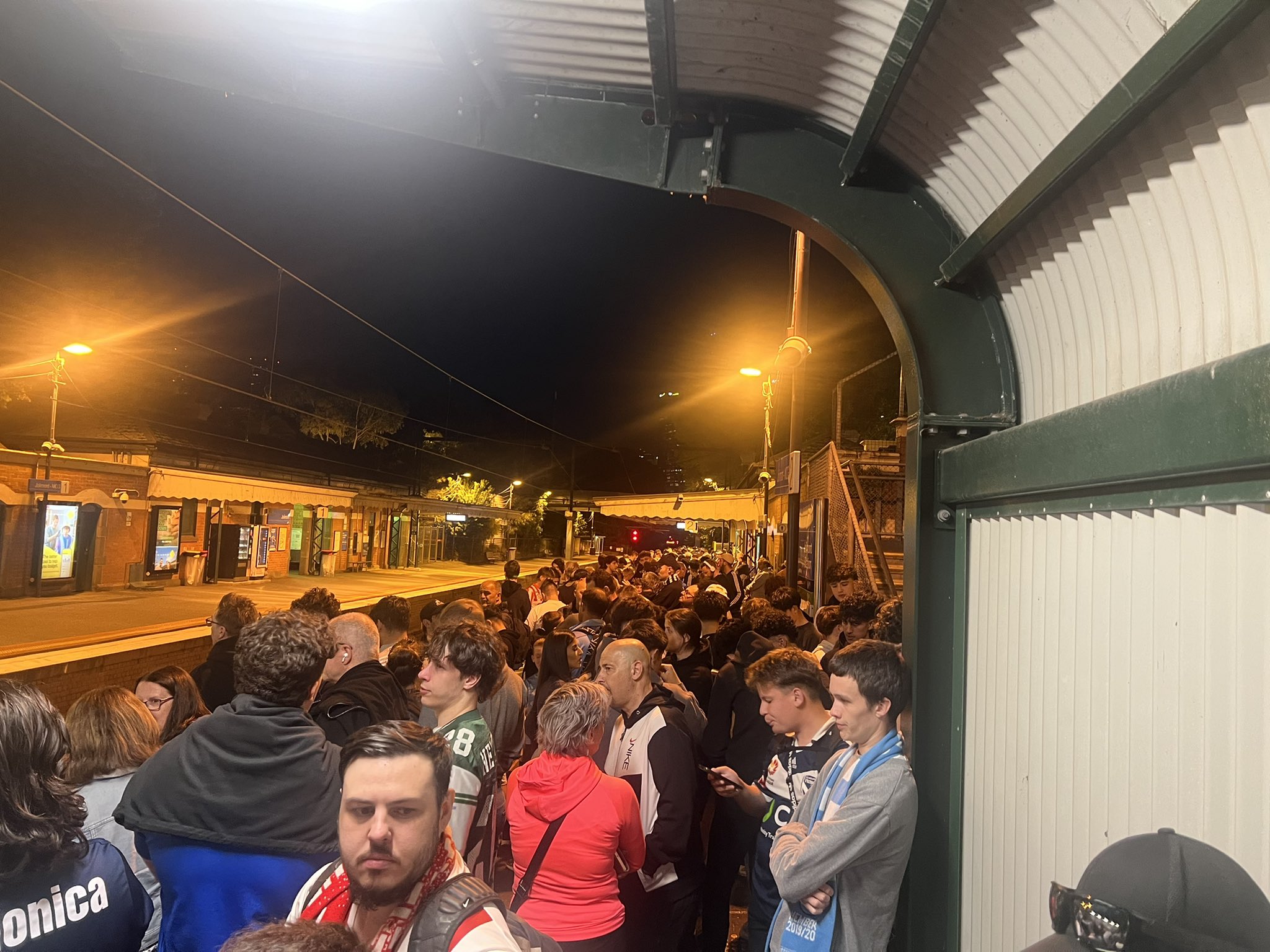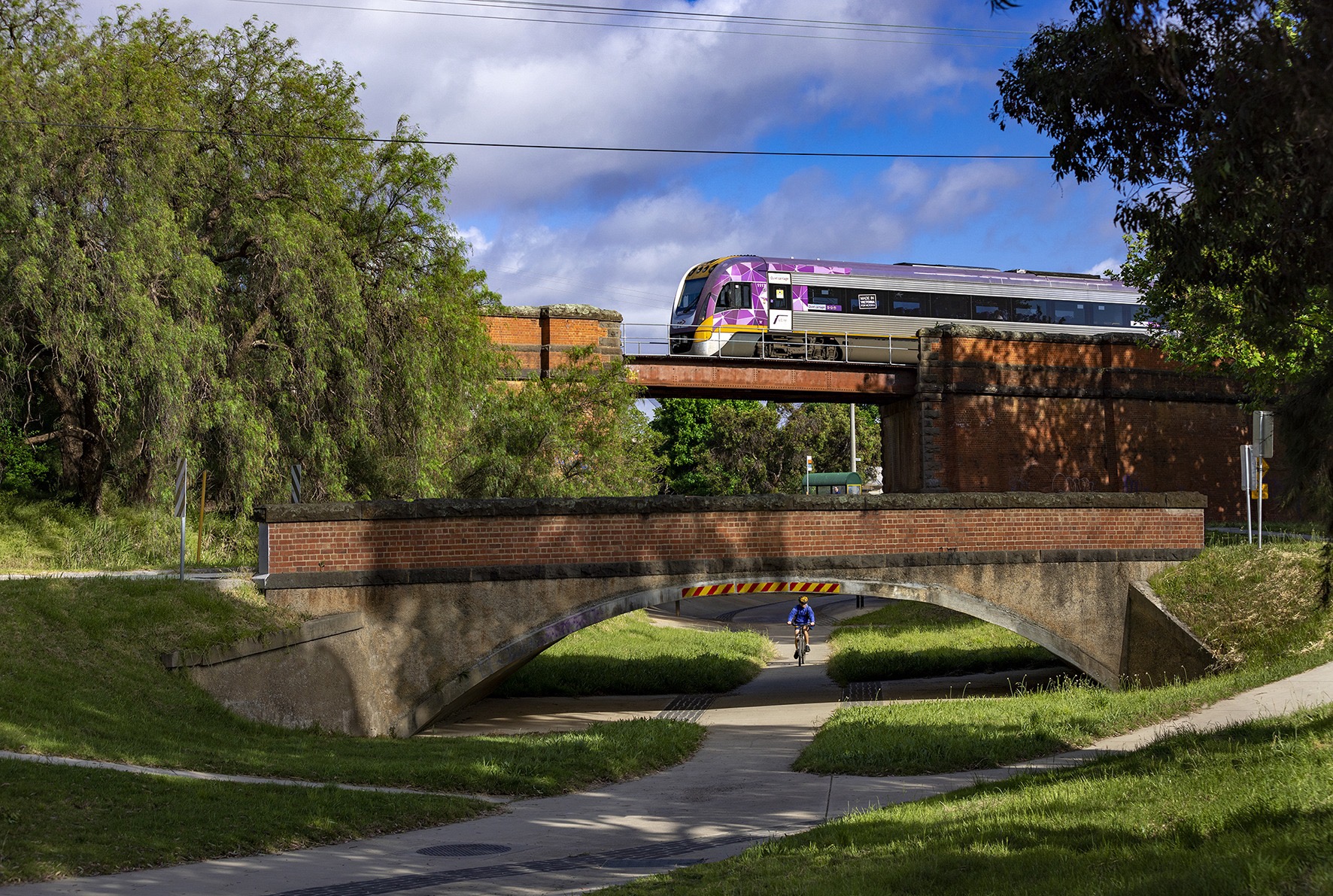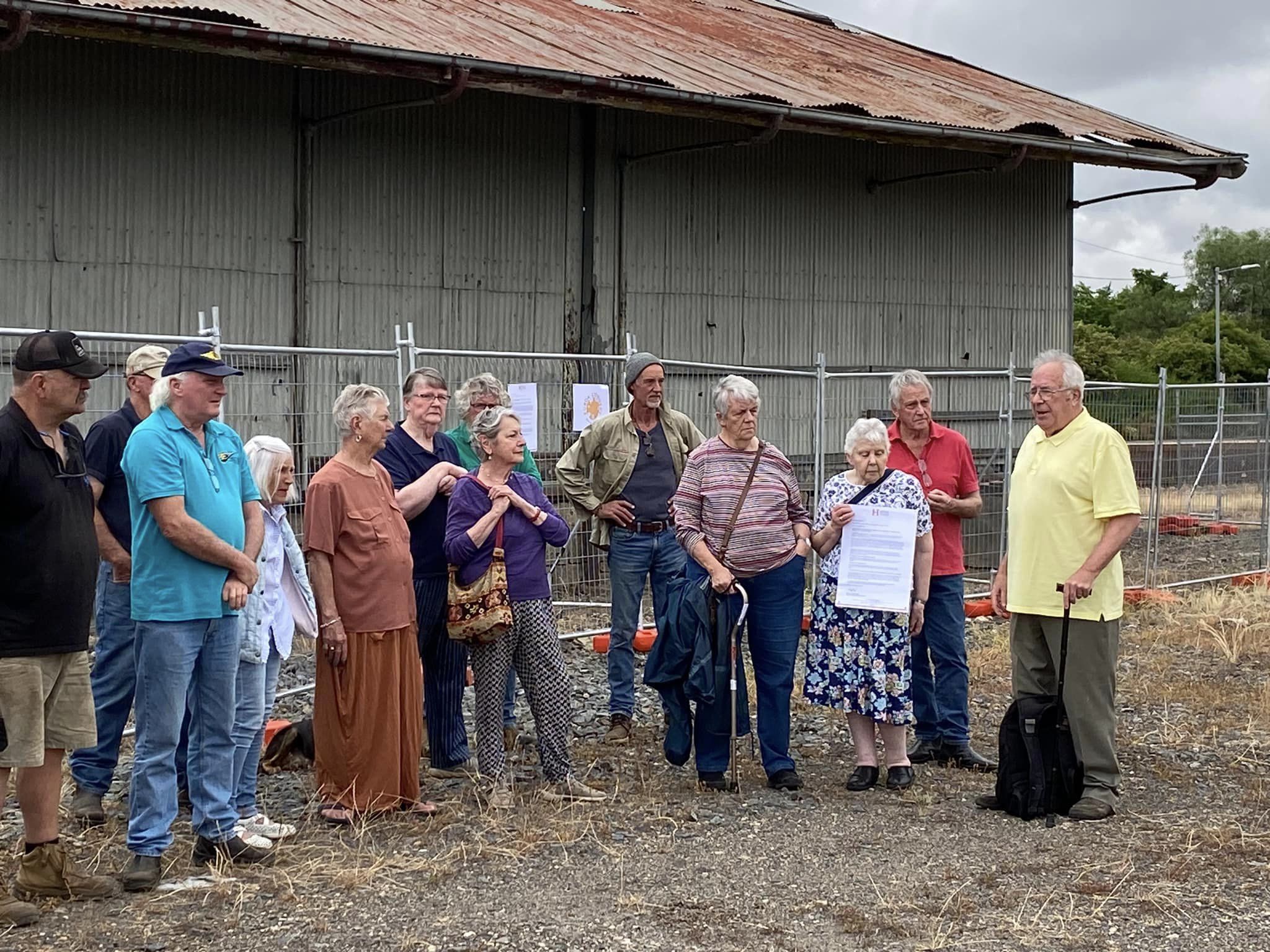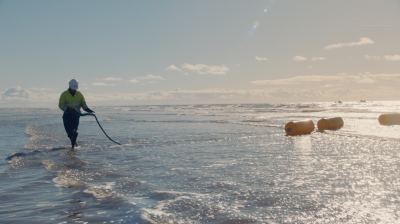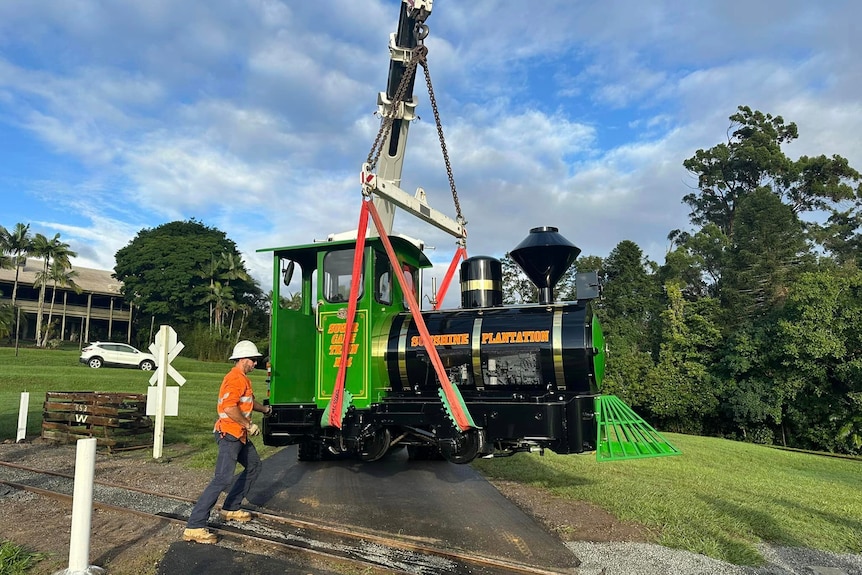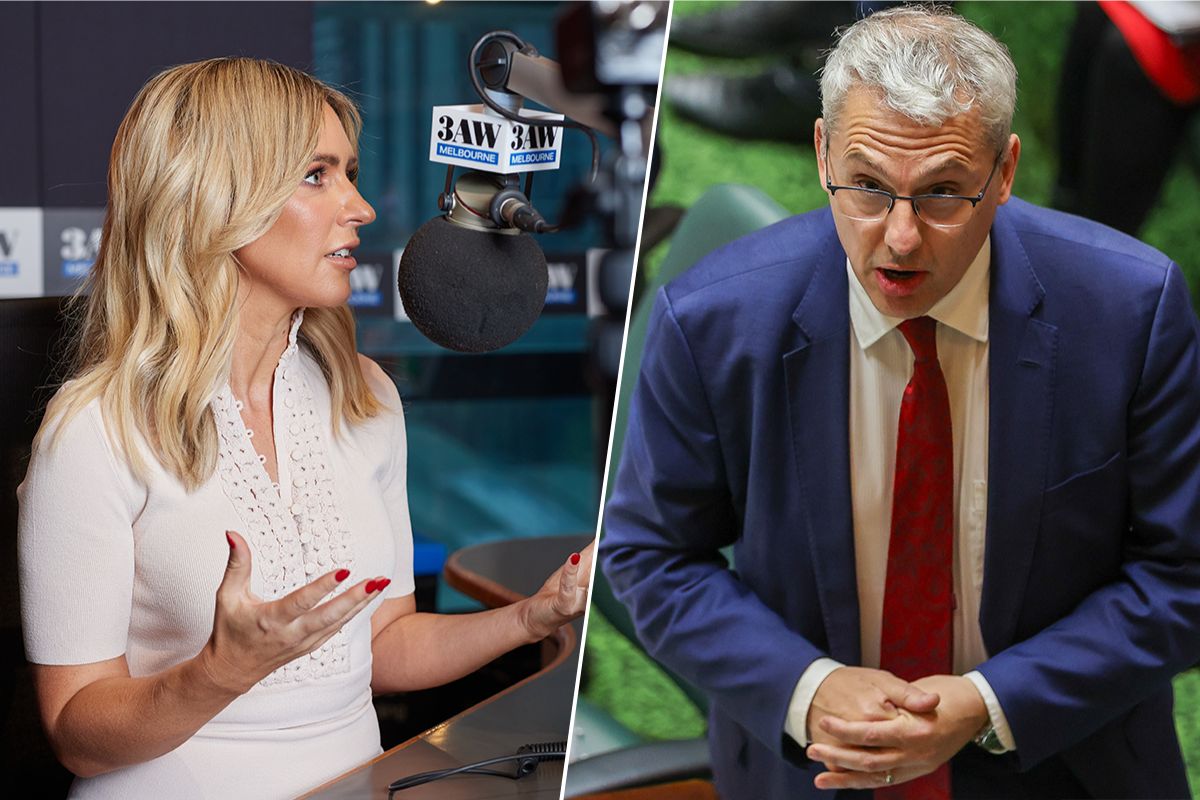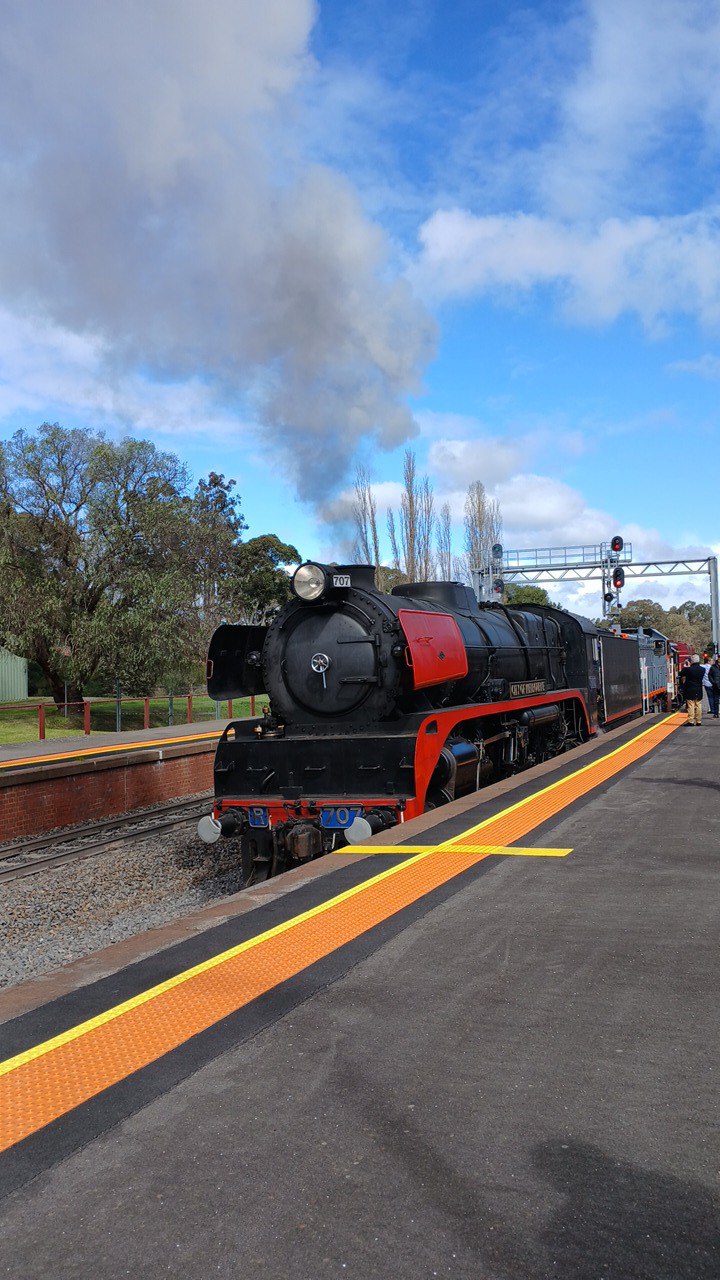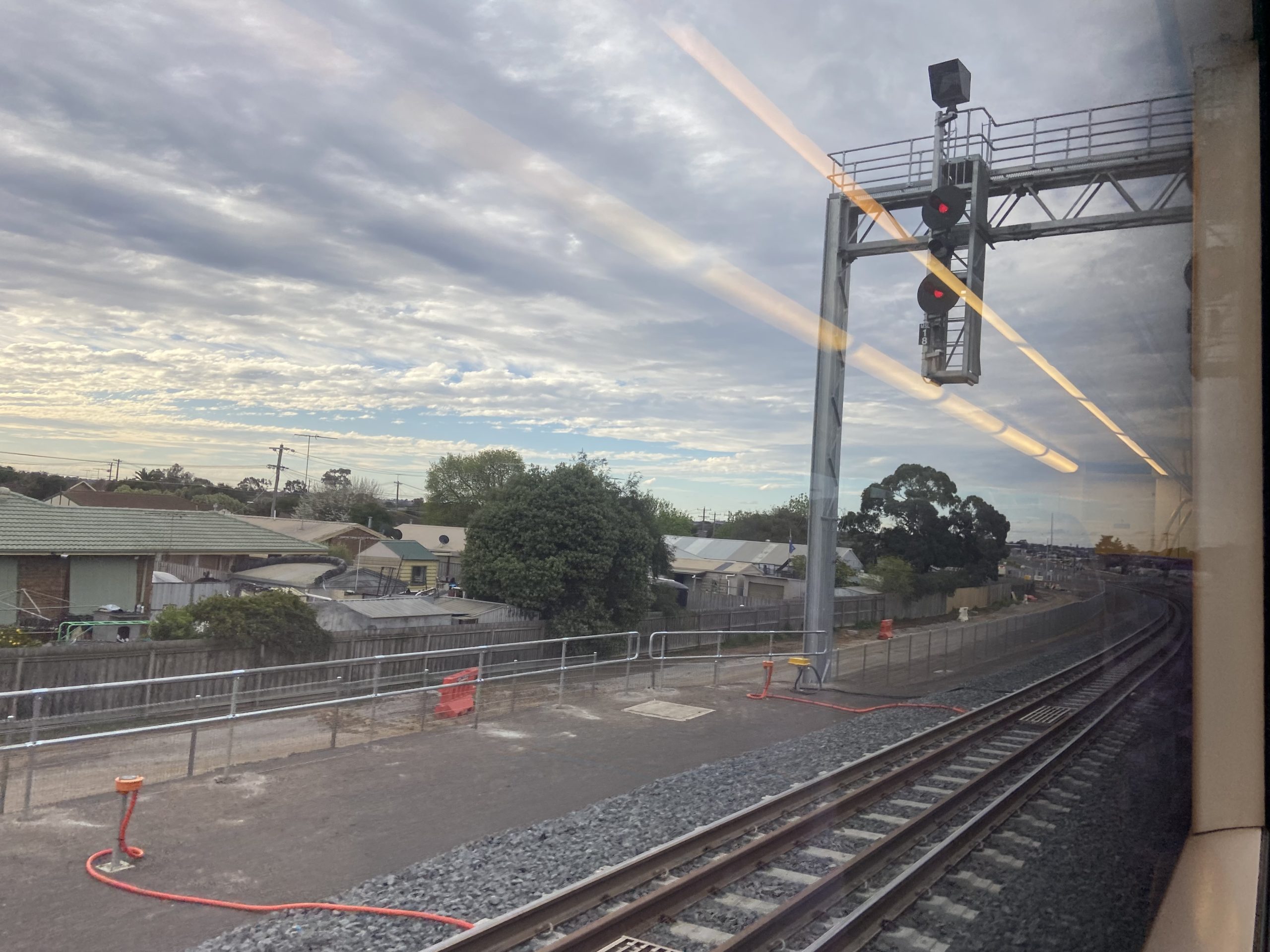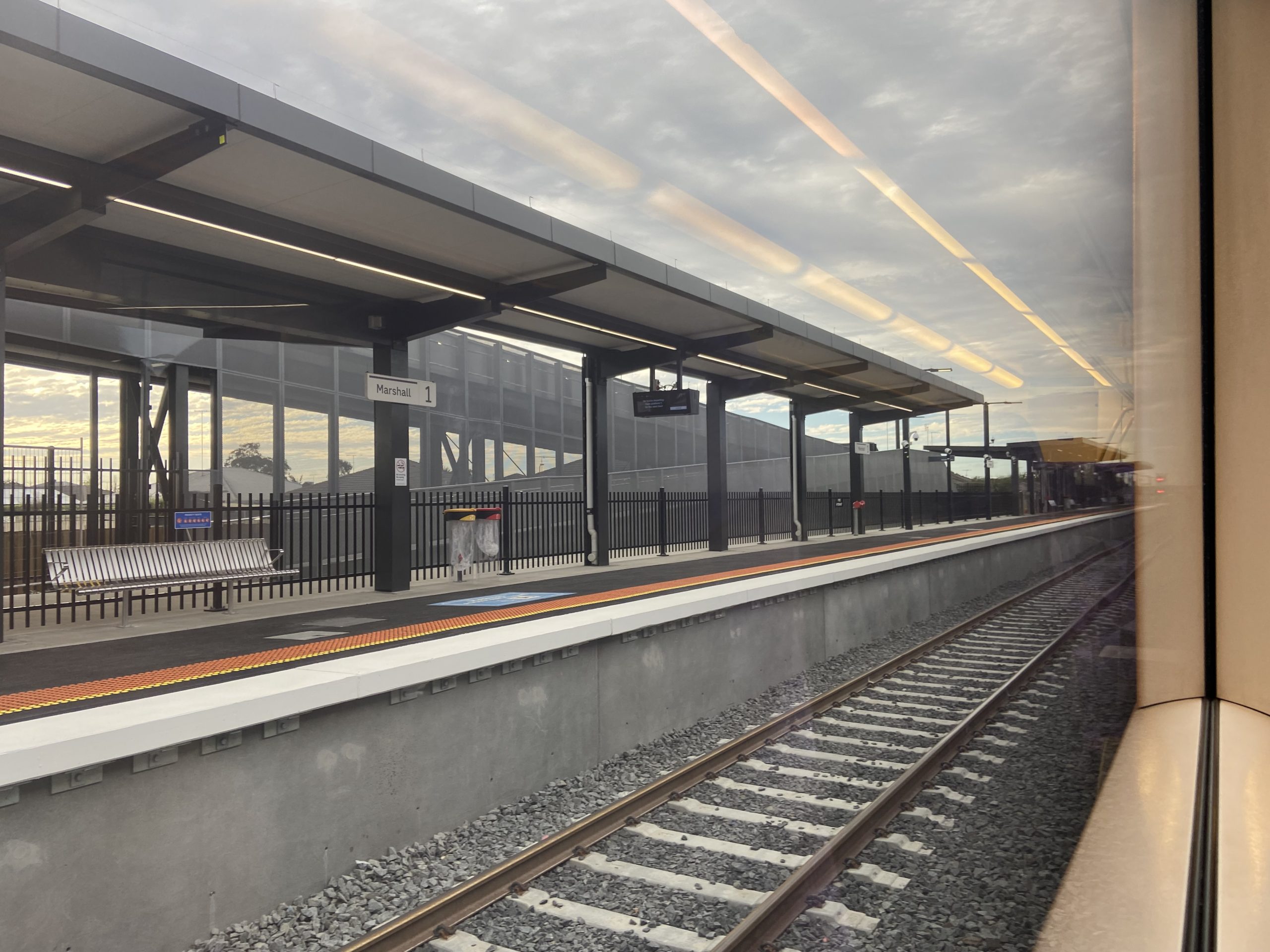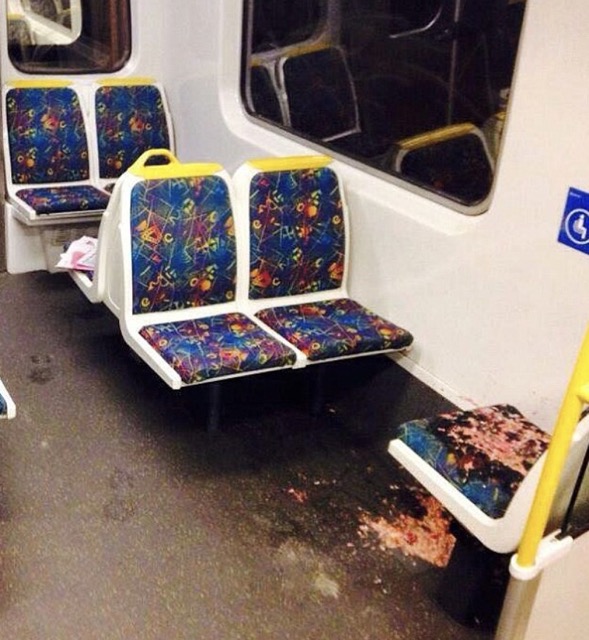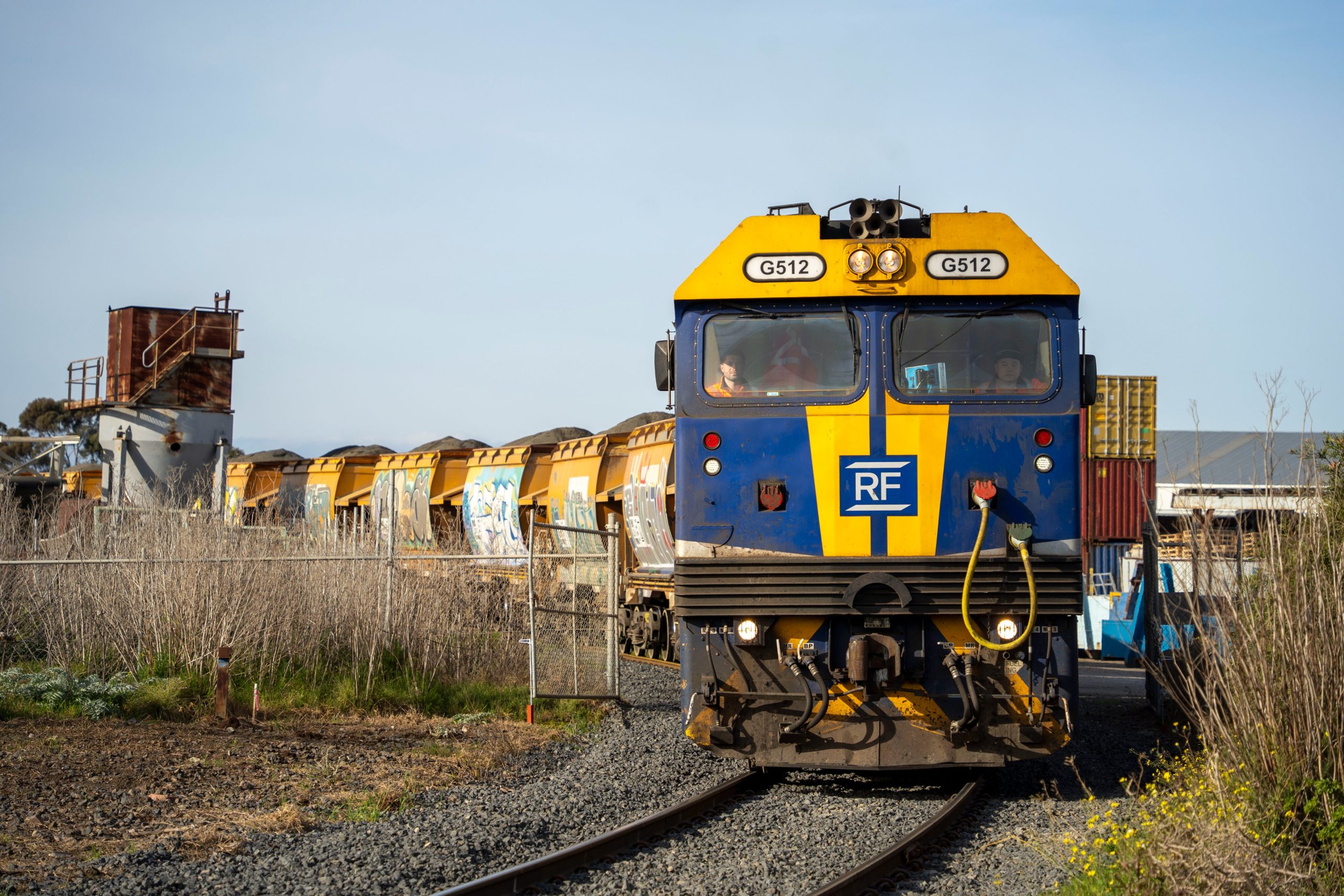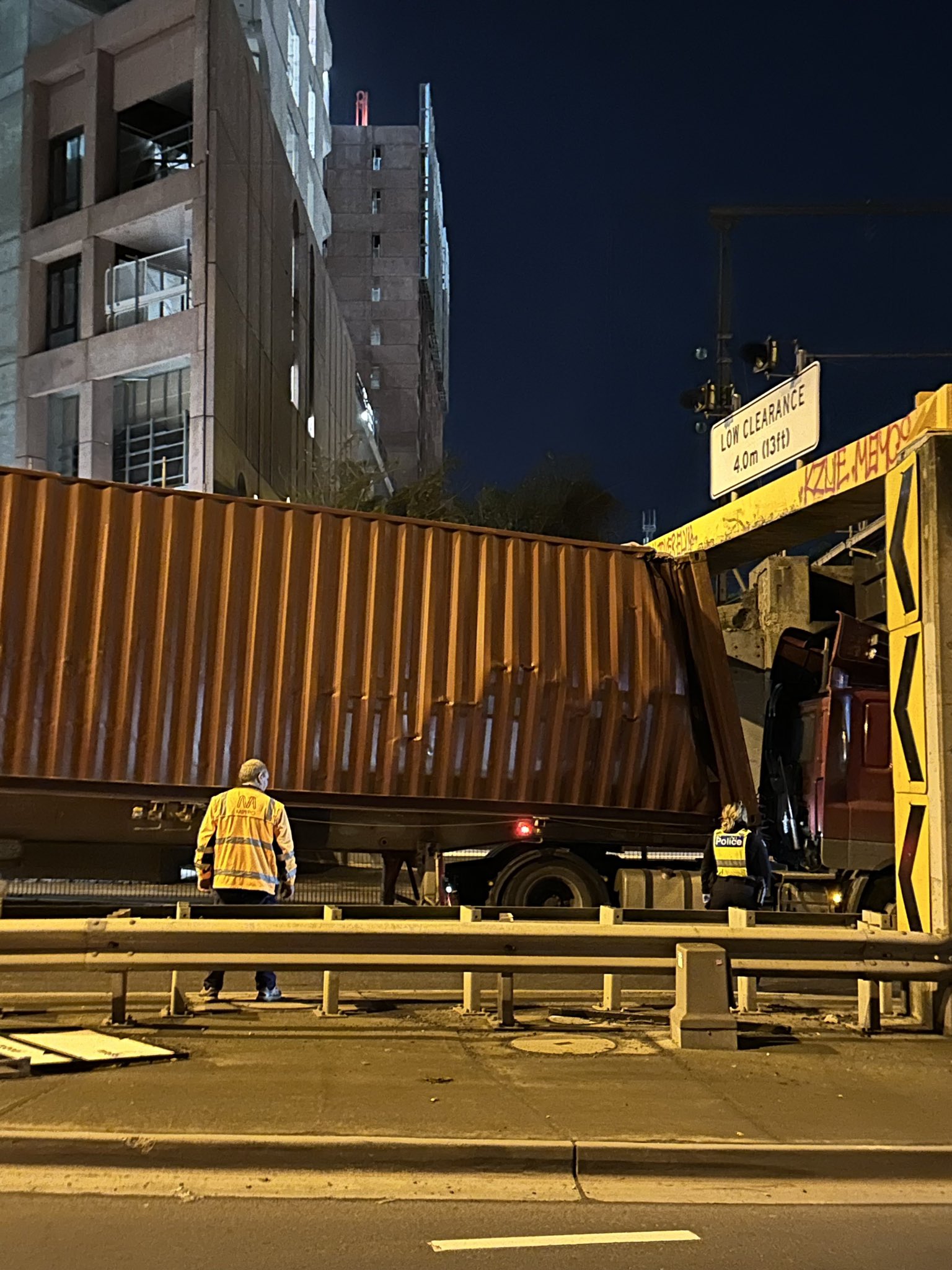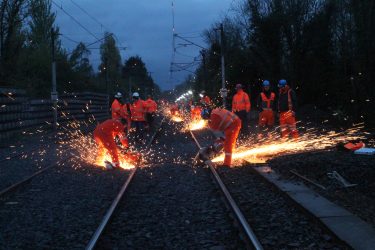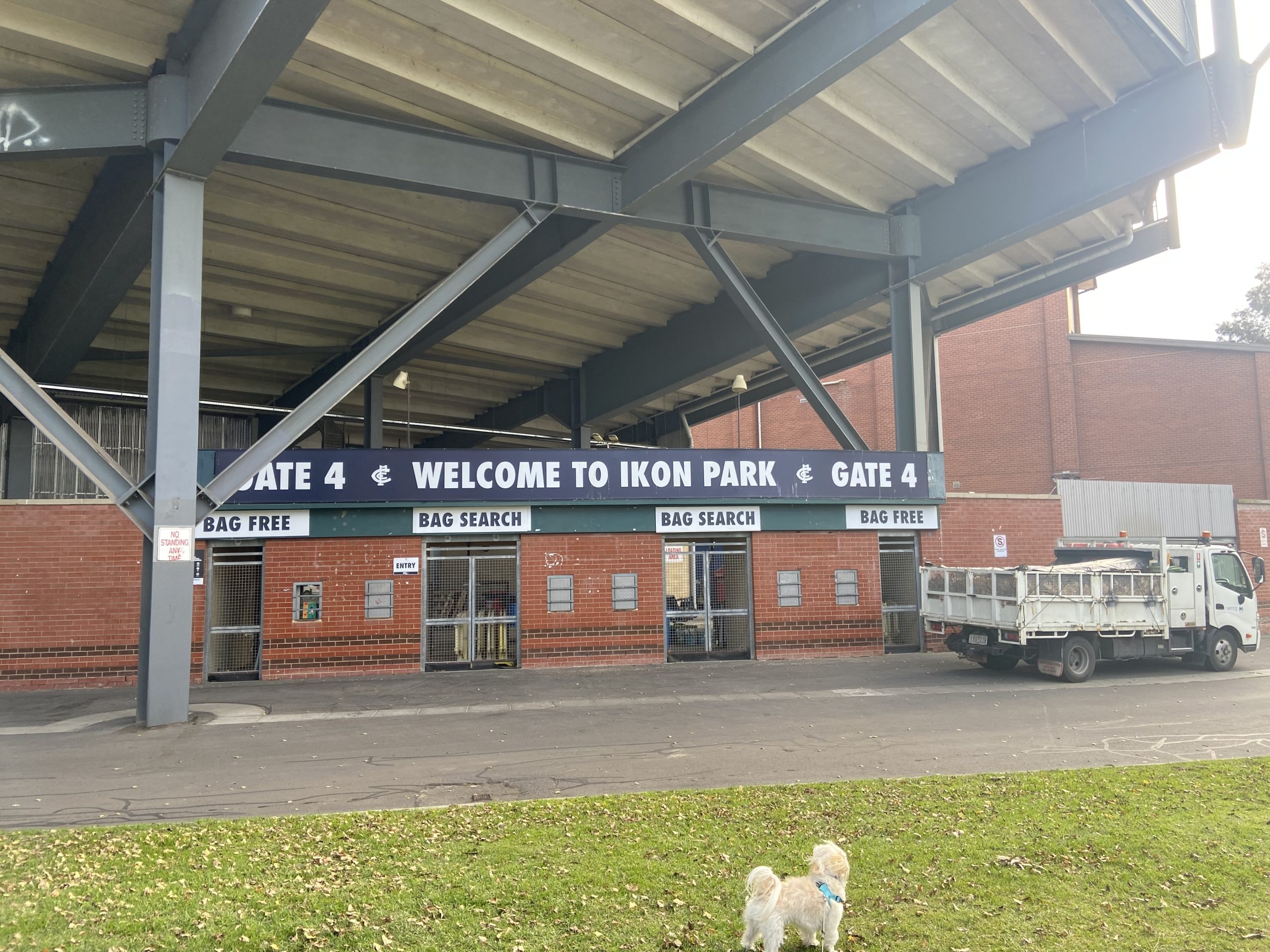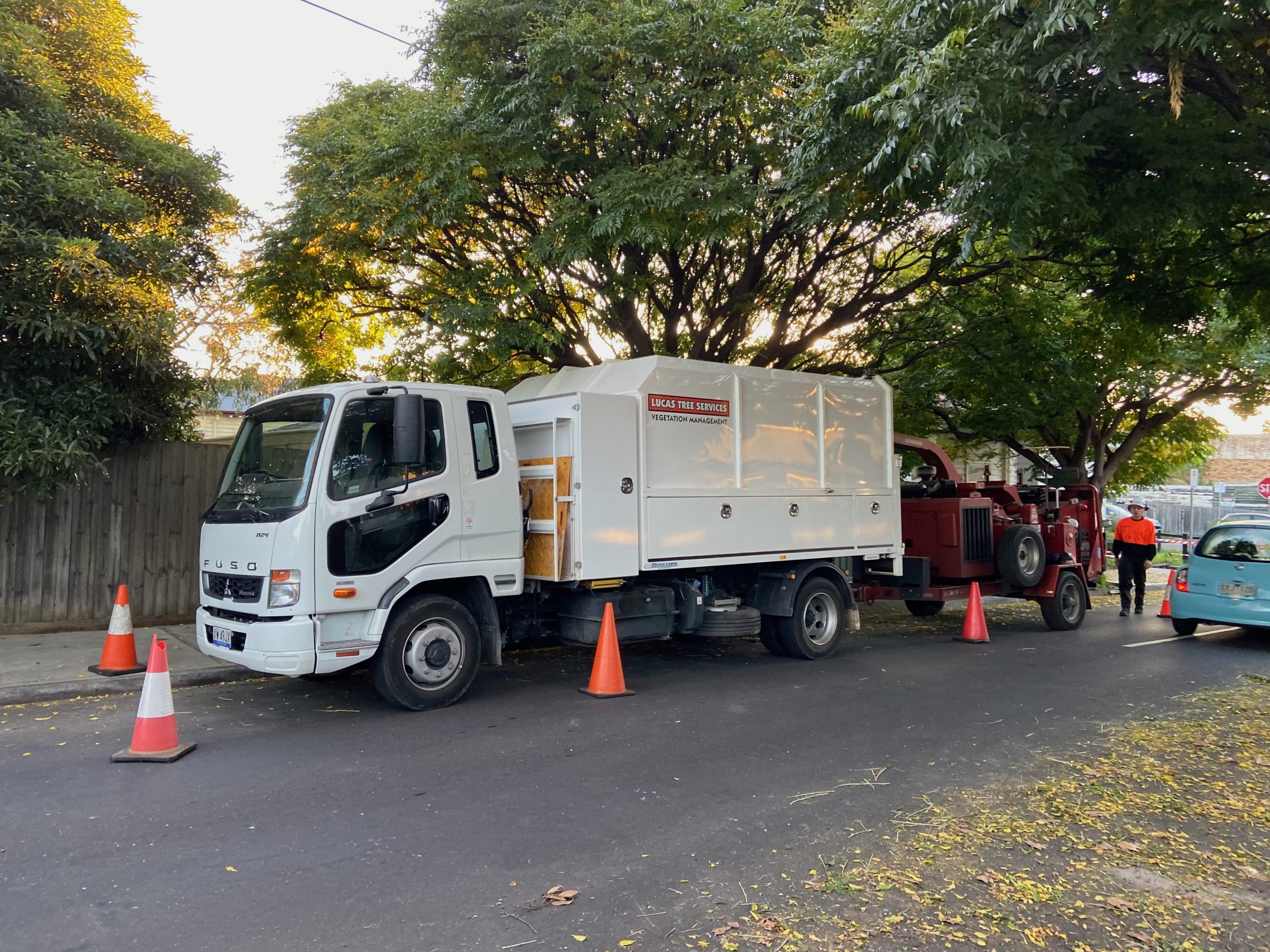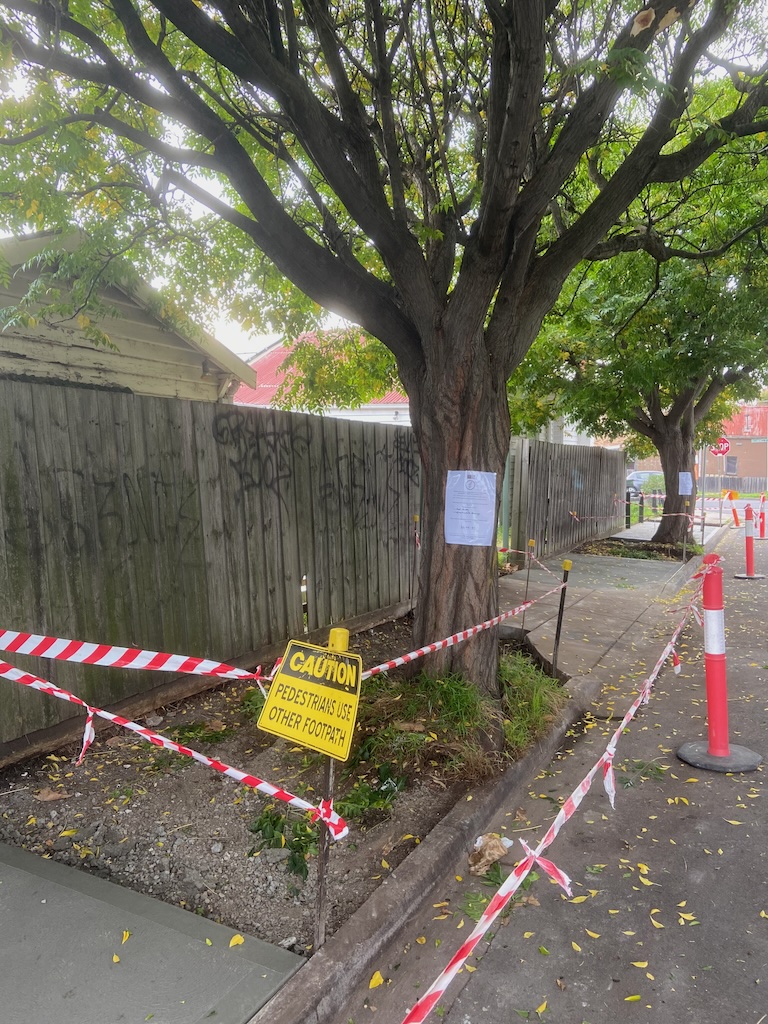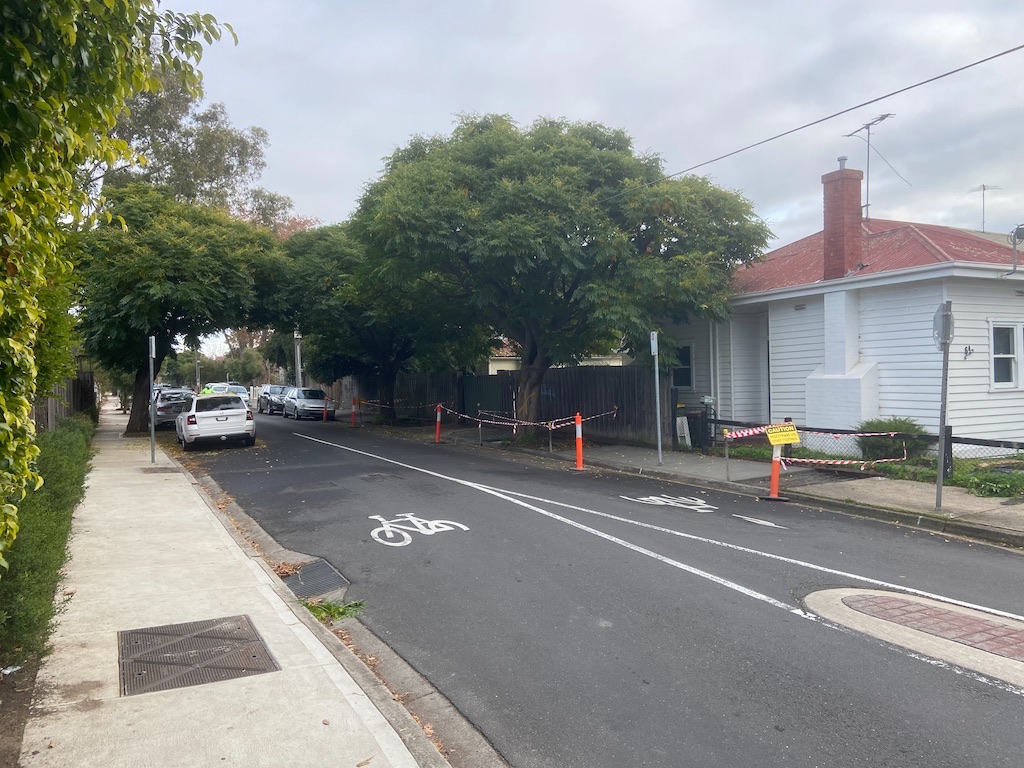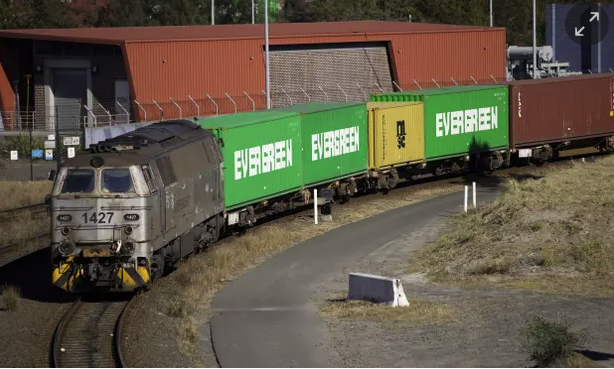London North Eastern Railway 1950 Brake Corridor Third E1866 (GOLD)
A continuation of the window cleaning and lacquering job, which is now around 75% of the way there!
London North Eastern Railway 1938 Brake Third Open E16631E (GOLD)
We have received another comprehensive image update from our contractor LS Engineering, who continues to make excellent and exciting progress on the BTO. The two doors which we supplied from a donor vehicle to replace 16631’s originals (which were missing when the vehicle was purchased) have been test hung and found to be too short at the bottom! We believe this to be a consequence of 16631 being Cravens built rather than in the LNER’s own workshops – and during this restoration this is not the first difference we have found when trying to use parts from different, supposedly standard, Gresley coaches. Our spare roof hoops were also unusable on 16631 for the same reason. Luckily the doors are all good for hinge and body alignment so it will be a simple case of an easy modification to the bottoms of the doors to make them match the rest of the body.
Droplights for said doors are being prepared on the bench for fitting.
The end gangway faceplates are having the new bellows material attached and other preparations prior to fitting.
On the mechanical side, steam heat pipework is also progressing well ready for fitting.
Termination of vacuum brake piping has also been done on the vehicle ends with the pipes on the sides now also at an advanced stage. The upward pipe to the guards compartment with setter valve is also in place.
Finishing with the interior, some woodwork has been prepared and in some cases fitted to the newly glazed window apertures.
British Railways 1961 Brake First Open (Kitchen) M14021 (GOLD)
Bodyside metalwork cleaning on the landward side has continued really well with a greater section than usual recently completed. This landward side is now over halfway meaning that the coach as a whole is now 75% stripped of old paint.
British Railways 1958 Brake Corridor Second M35148 (SILVER)
The repaint continues with all the bodyside lettering now applied to the ends, sides and underframe, bringing an end to the signwriting.
The two coach roundel transfers have been applied, another sign that this vehicle is very much on the home straight now!
The bogies have both been removed from the coach and taken outside for steam cleaning. Whilst out they have been inspected and greased up in normally inaccessible areas. Some failed axle box oil seals were also replaced in an attempt to stop the oily wheels that this vehicle suffers from. This task entails the axles to be removed from the bogie frames which includes quite a bit of dismantling and reassembly work.
With the coach lowered back down onto its bogies, ride heights have been checked and set and the underframe (with bogies included) has been returned to the team responsible for cleaning down all the visible surfaces and repainting them black. Different parts of the vehicle are all at different stages but the task is progressing well. The Holt end bogie is fully cleaned and in undercoat.
Reassembly of the Holt end vestibule is now completed except for beading of the ceiling. Ceiling strips are now in the process of being machined and test fitted prior to final sanding and painting. All the walls have had their final varnishing coat and damaged “do not lean out of the window” transfers replaced and sealed in with varnish.
As part of the varnishing work, the sliding compartment doors and corridor window poles have both received a final coat.
An in-built battery charger has now also been fitted inside the guards cupboard and tested successfully, and will be used for this year’s Santas and Norfolk Lights trains. A mains socket has been provided which will allow charging to be done without these staff going trackside after dark. The conversion is similar to that done to dining car 3116 last month, so we now have two vehicles on the new system.
British Railways 1957 Class 101 Railcar Driving Trailer Composite Lavatory E56062 (SILVER)
Work on the doors continues, with the final door (middle passenger door on the landward side) now repaired and sanded and filled horizontally on the bench. It was then refitted to the vehicle and is now back in place and closing properly. The more heavily disturbed drivers door continues to have its woodwork fettled, weather strips fitted and grab handle returned to place.
Body prep is now almost complete, with current attention on the areas of green bodyside on the roof – a design feature peculiar to the Metro Cammell DMU’s. There are strips above gutter height and at the cab and corridor ends that are steel and coach painted rather than being included in the main roof itself. Unfortunately this design creates some very exposed upward facing areas which tend to get hammered by the sun and the elements. This vehicle is no exception with large areas of paint breakdown and surface corrosion. Luckily it has not gone through yet so has been treated, in some cases filled, and sanded back to a good finish ready for painting.
At the rear of the vehicle an old patch covering a missile scar which punctured the roof in BR days has been removed and cleaned up ready to refit – it had been letting some water in. At the same time, some cosmetic treatment has been done to some of the toilet water pipes, though we have not gone over the top as these are long out of use and unlikely to be reinstated.
British Railways 1954 13 Ton Pipe Open B740918
No progress to report.
British Railways (GWR Design) 1958 “Fruit D” W92097W (SILVER)
The first gloss coat has been applied to Holt end, which is the most advanced side externally.
Most of the rotten timbers have also been replaced at the Holt end, other than all the doors, which can only be done when there is fine and dry weather and the wagon can be pushed out into the open!
Recently all the tables, chairs etc. have been moved from the Sheringham end, after a vacuum clean, to Holt end in order top facilitate the start of remedial work to the Sheringham end.
Maintenance
Our quest to get the main service coaches vacuum tight had spread to TSO 4958 this week, which is now behaving correctly once again. Sister 4236 was the next target but new seals haven’t cured the problem so further investigations, probably to the “direct admission” valves is due next. Much brake testing has occurred to get a coaching set ready for the March weekend services, as we draw ever closer to the start of the main season.
Workshop
The upholsterers’ latest project, station bench seats, are doing well. One particular example has been extensively repaired with a new leg made and fitted. It has been stripped, stained and revarnished. With a solid frame to now work from, springs have been resecured to the bottom and tied up in a suitable mesh which can be further built on with padding and material.
Outside in the yard at Weybourne, we were treated to the extraction of all the vehicles out of the “bay road” next to the station, including the model railway van from the very end which very rarely moves. We prepared the vehicles for movement and this included refitting a coupling to the model railway van, which had been pinched a few years ago to replace the worn out example on the Quad set. This swapped, three static freight vans were removed allowing some rare photographs to be possible of both the empty track as well as the vans which are normally very hemmed in by fences and buildings.
.jpg)
.jpg)
.jpg)
.jpg)
.jpg)
.jpg)
.jpg)
.jpg)
.jpg)
.jpg)
.jpg)
.jpg)



















